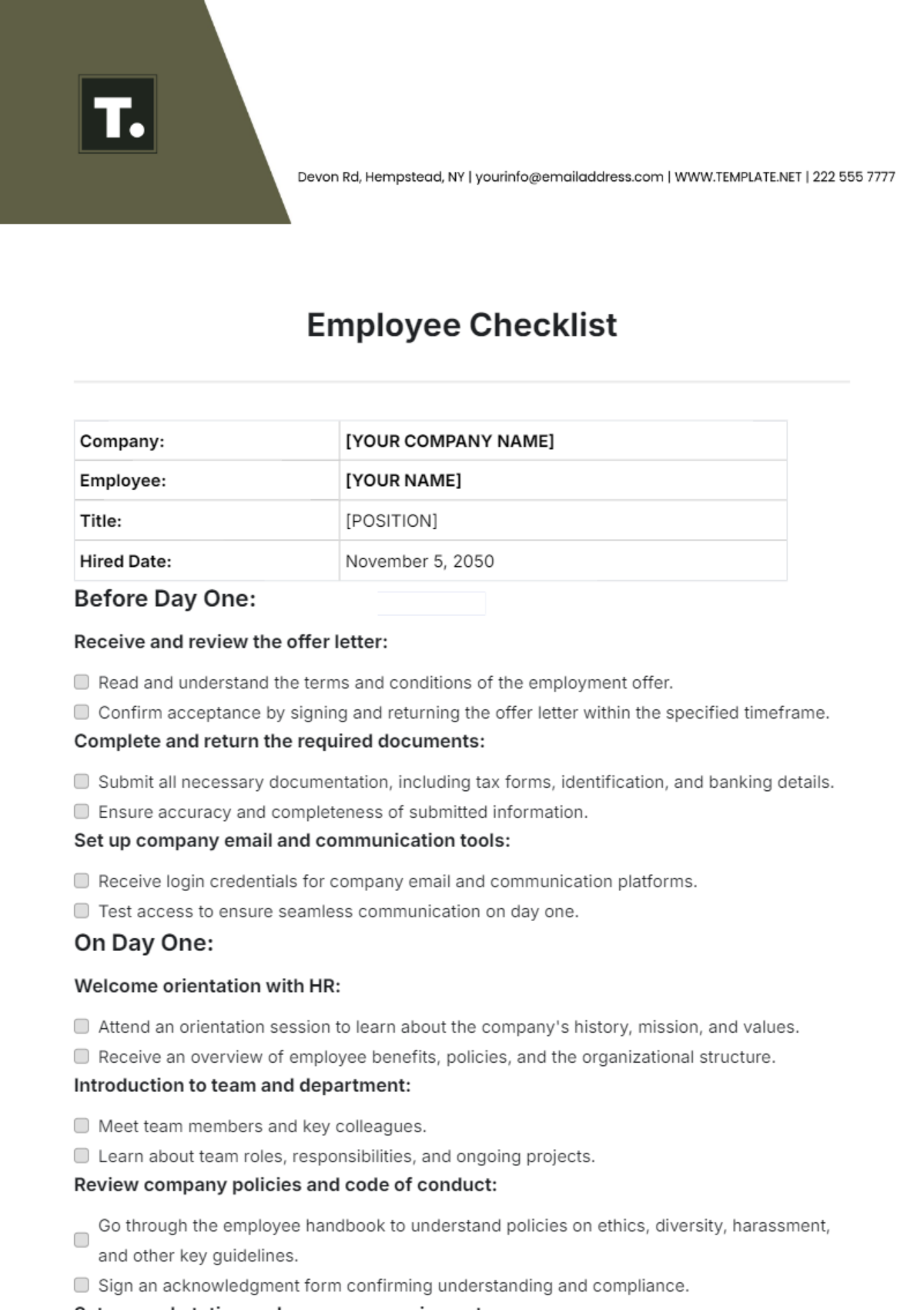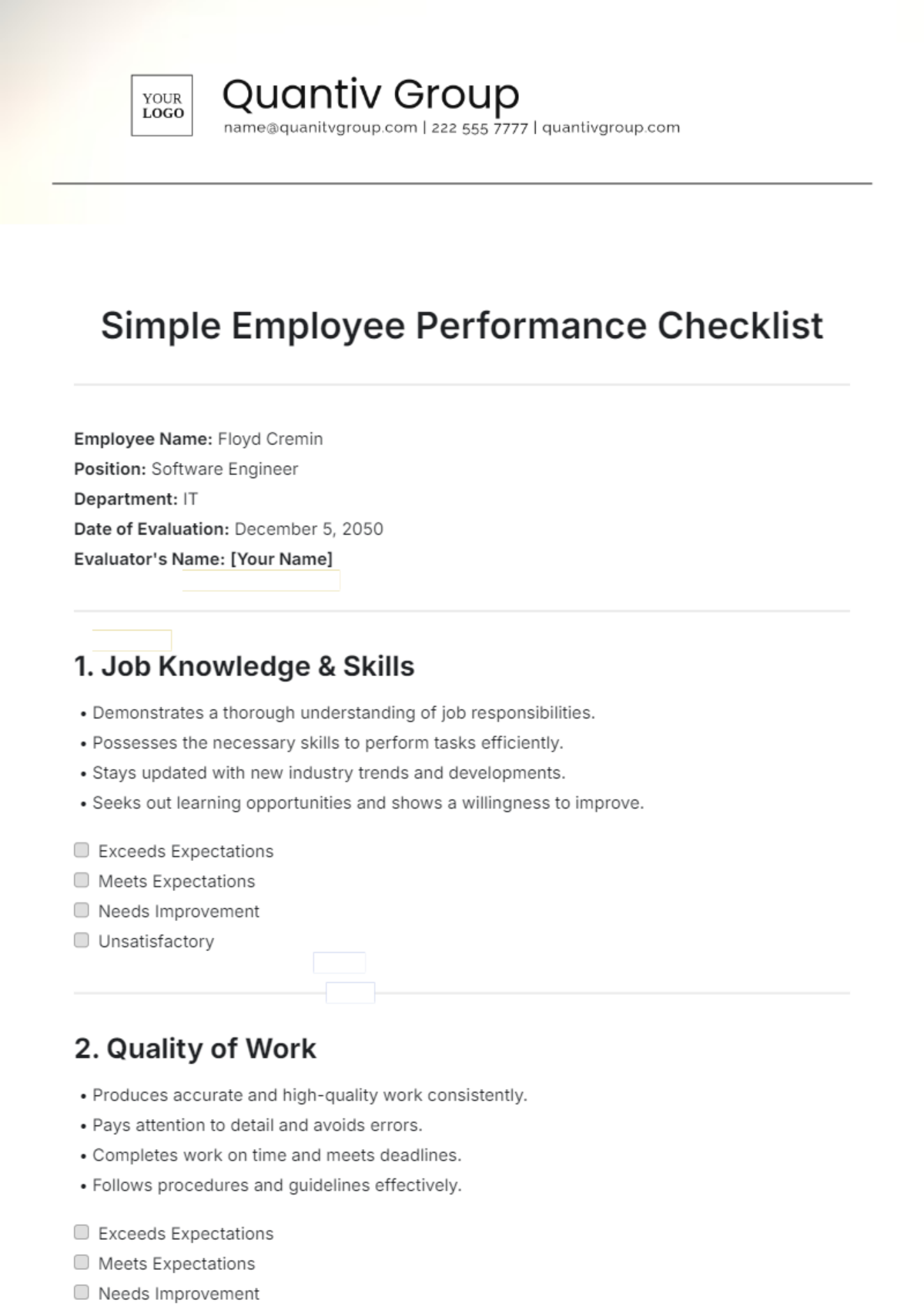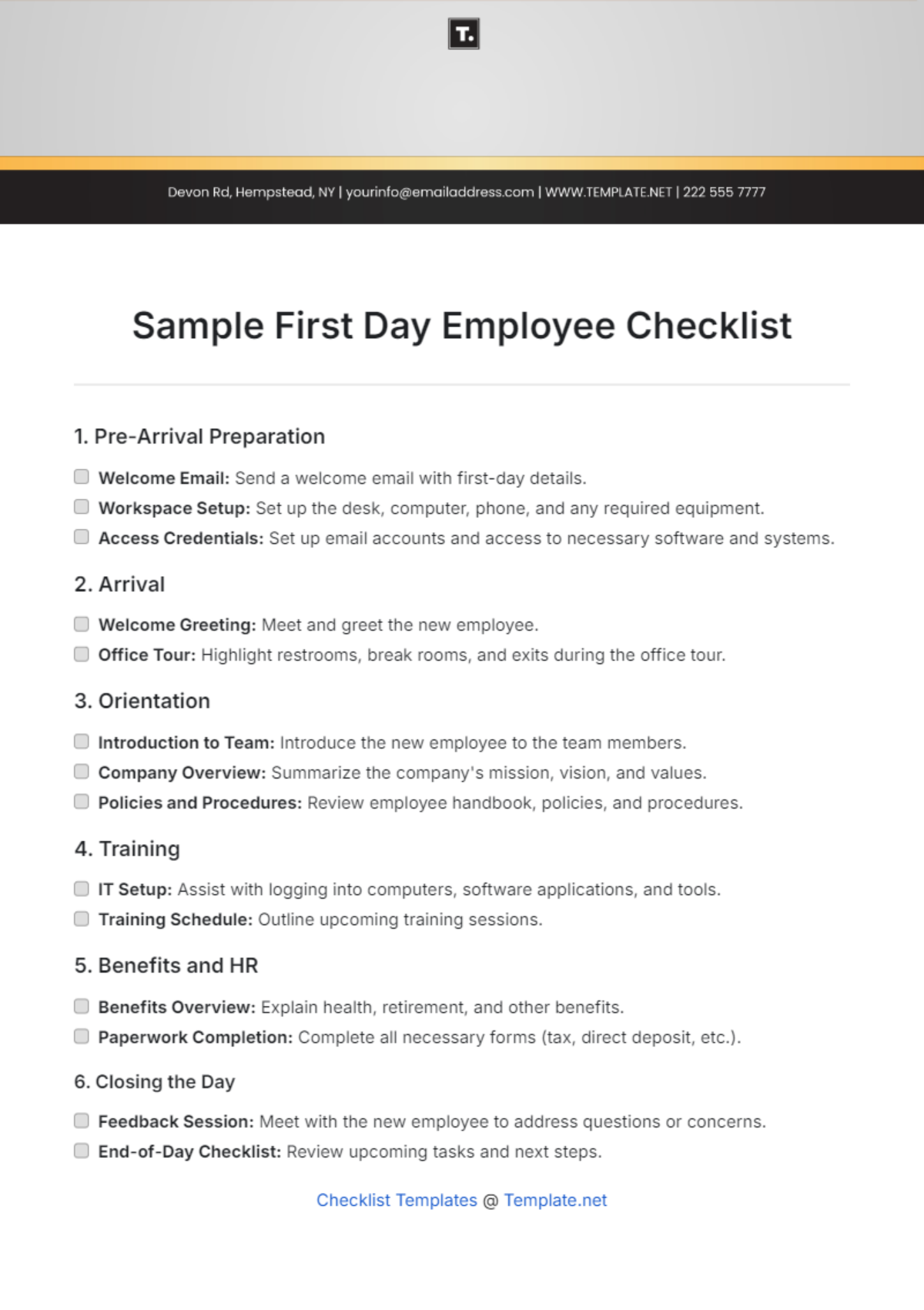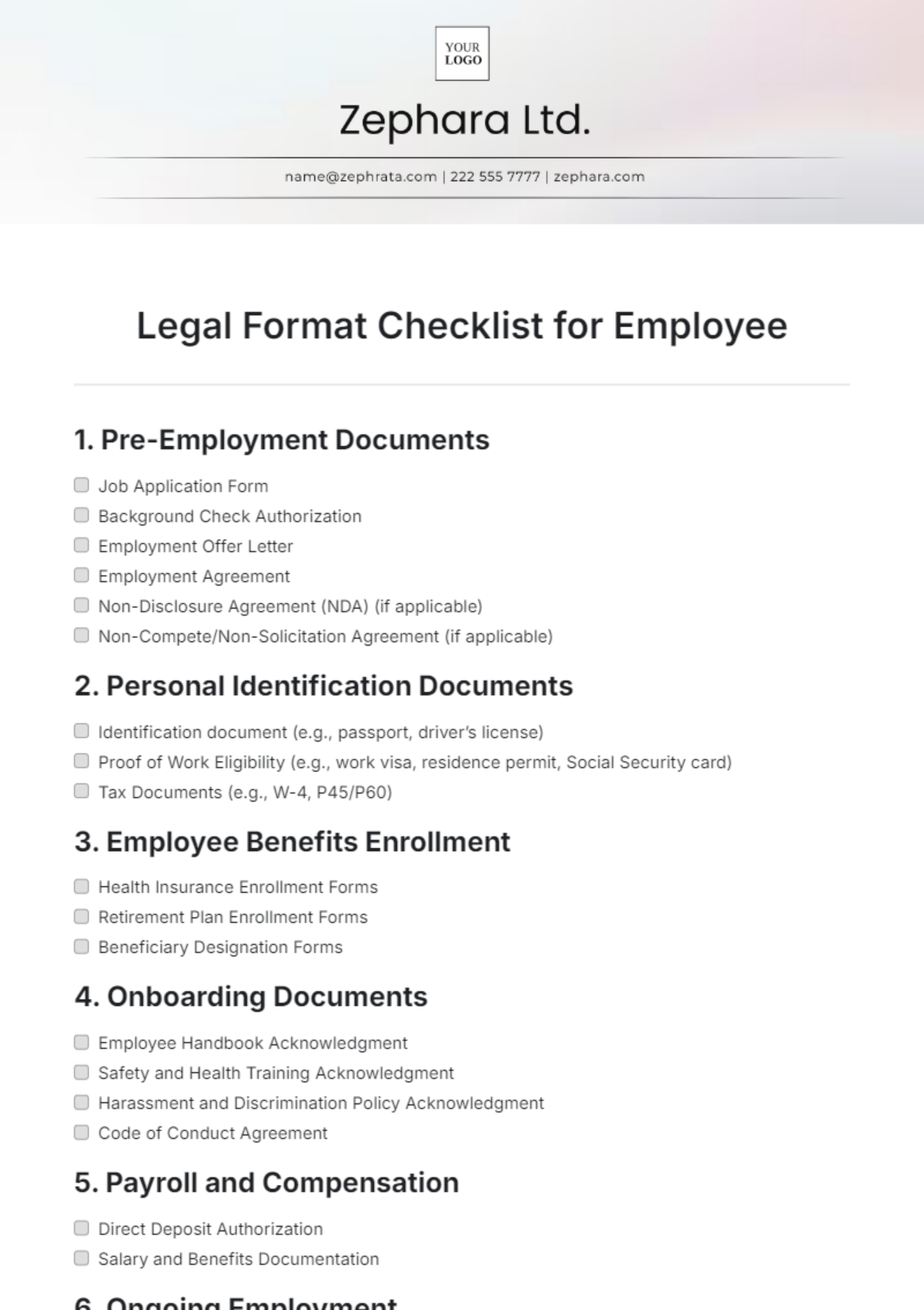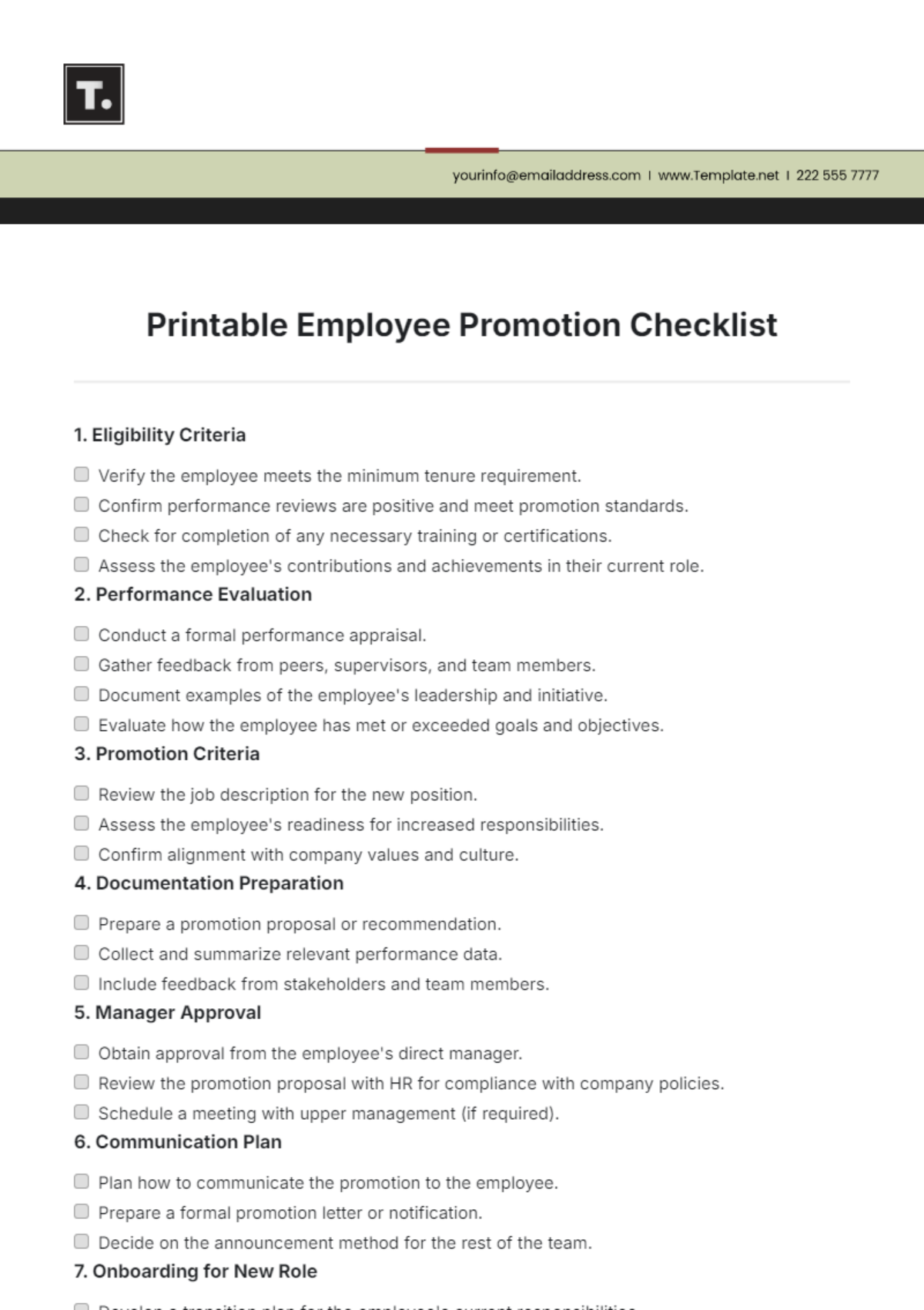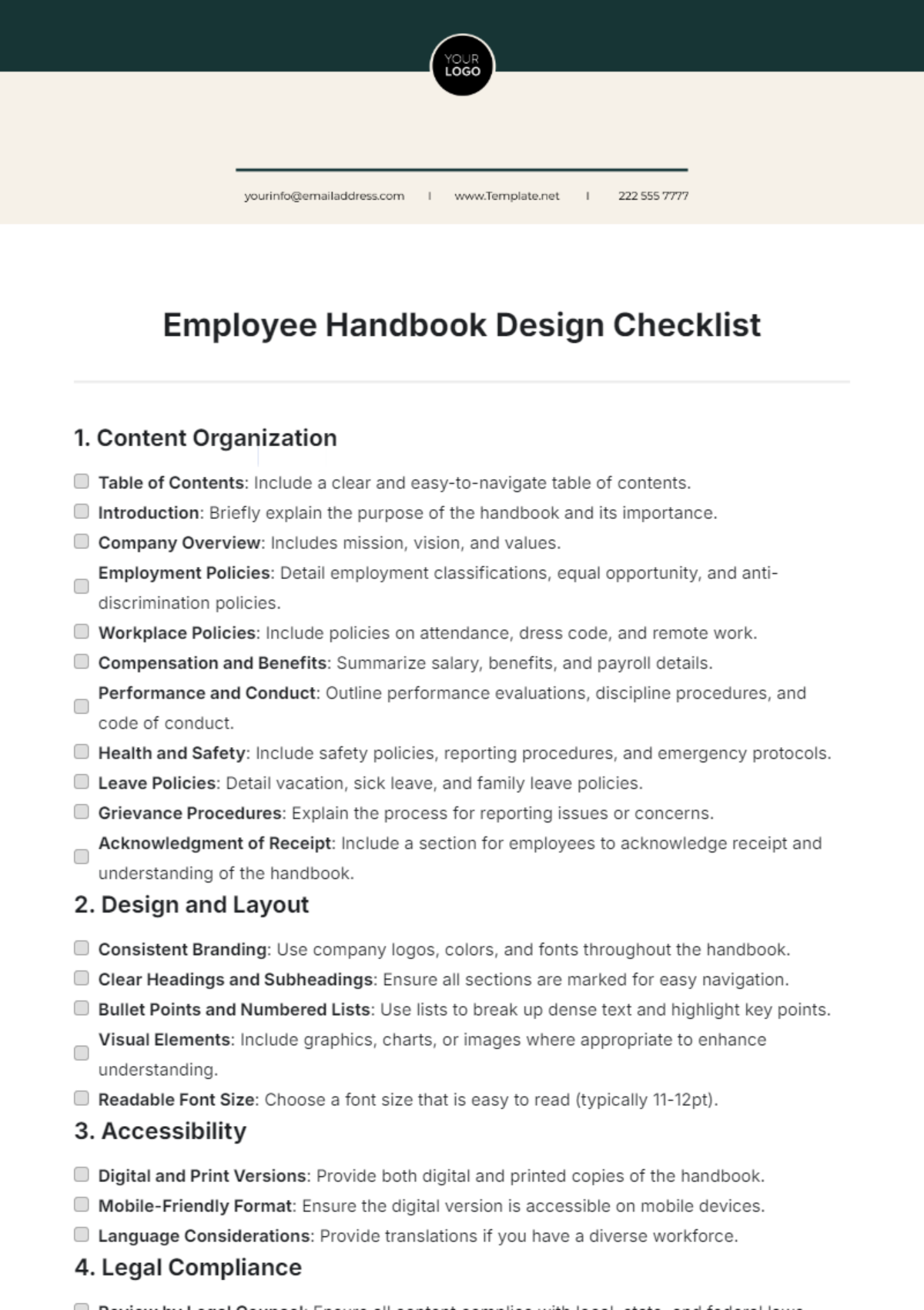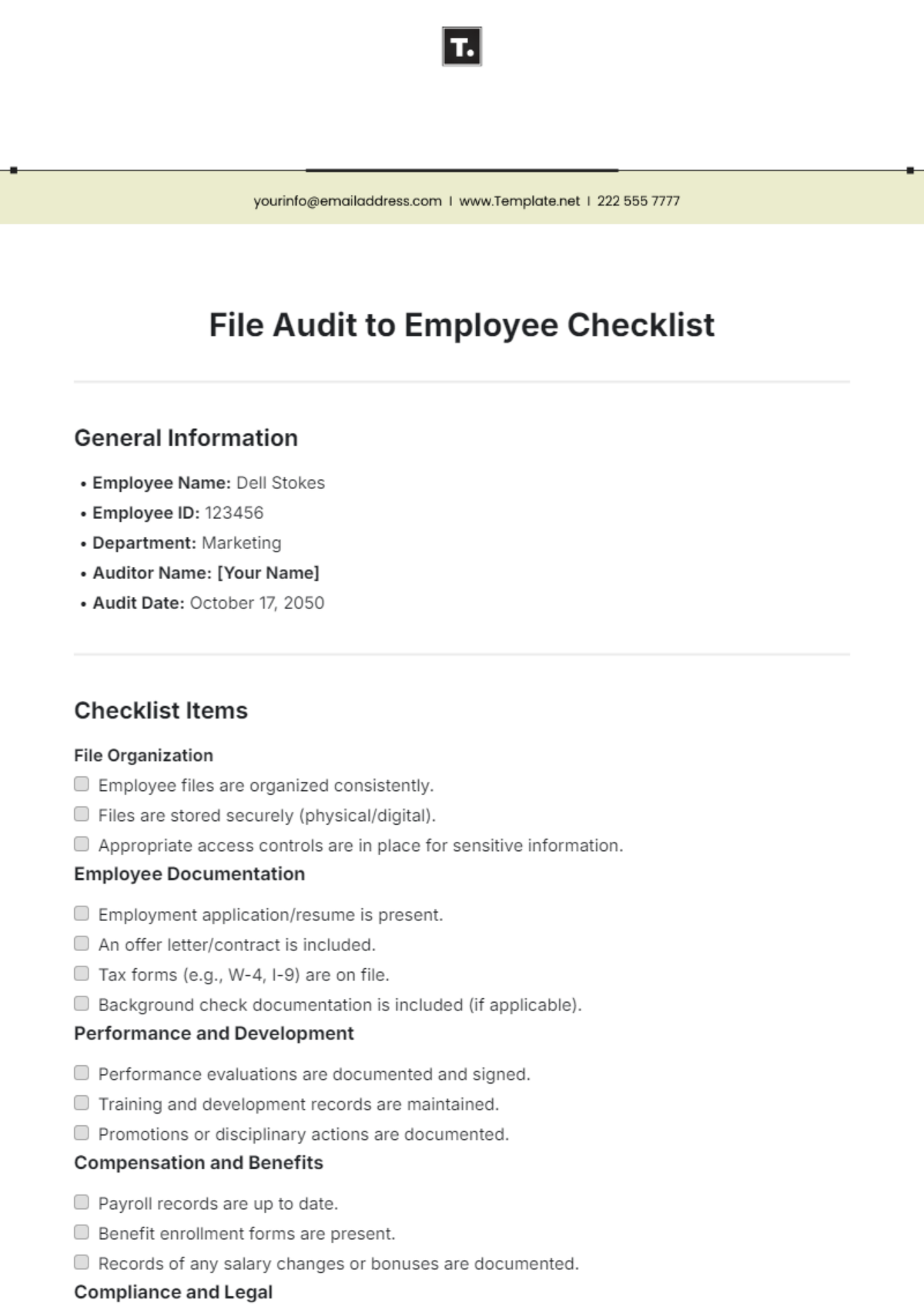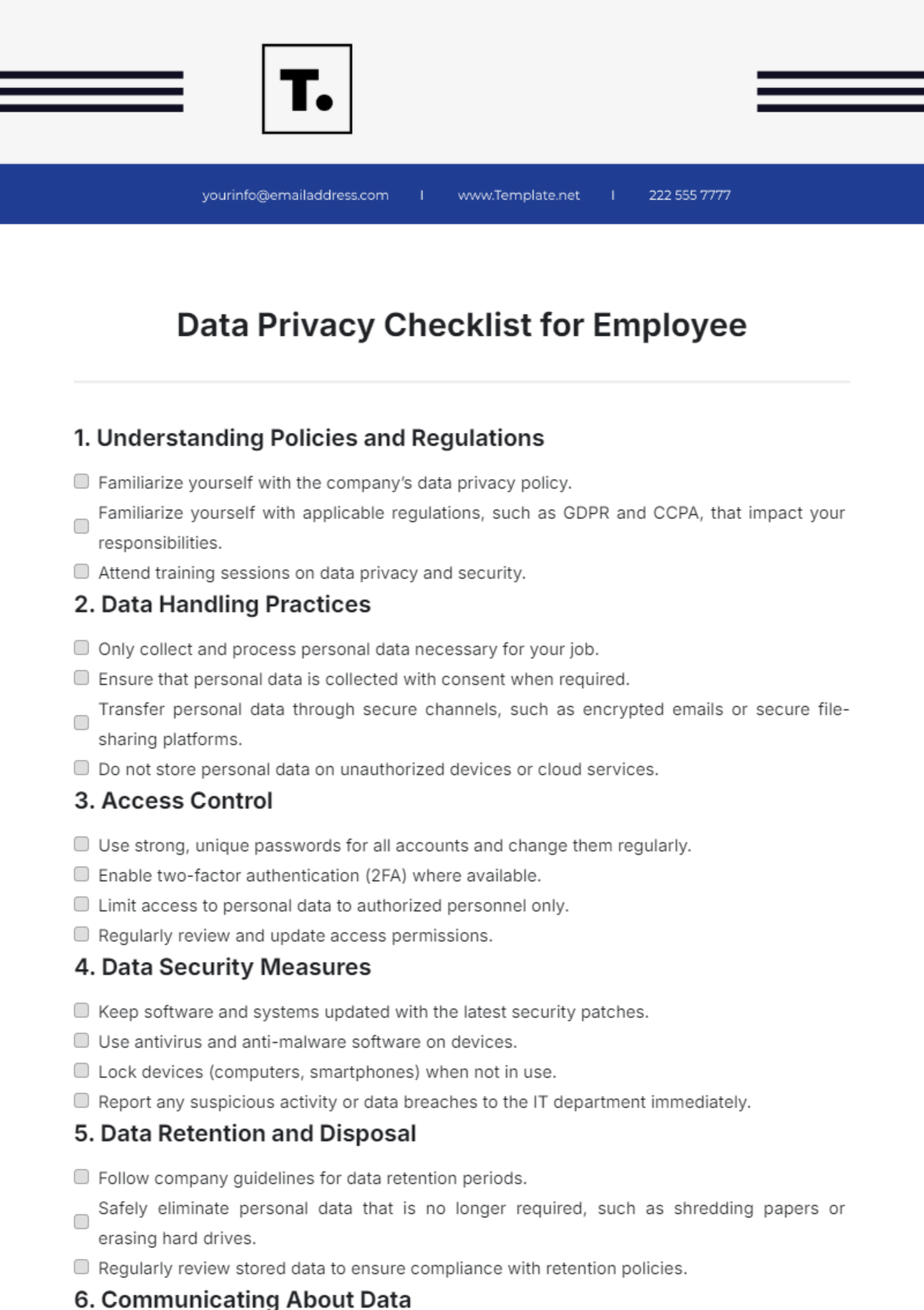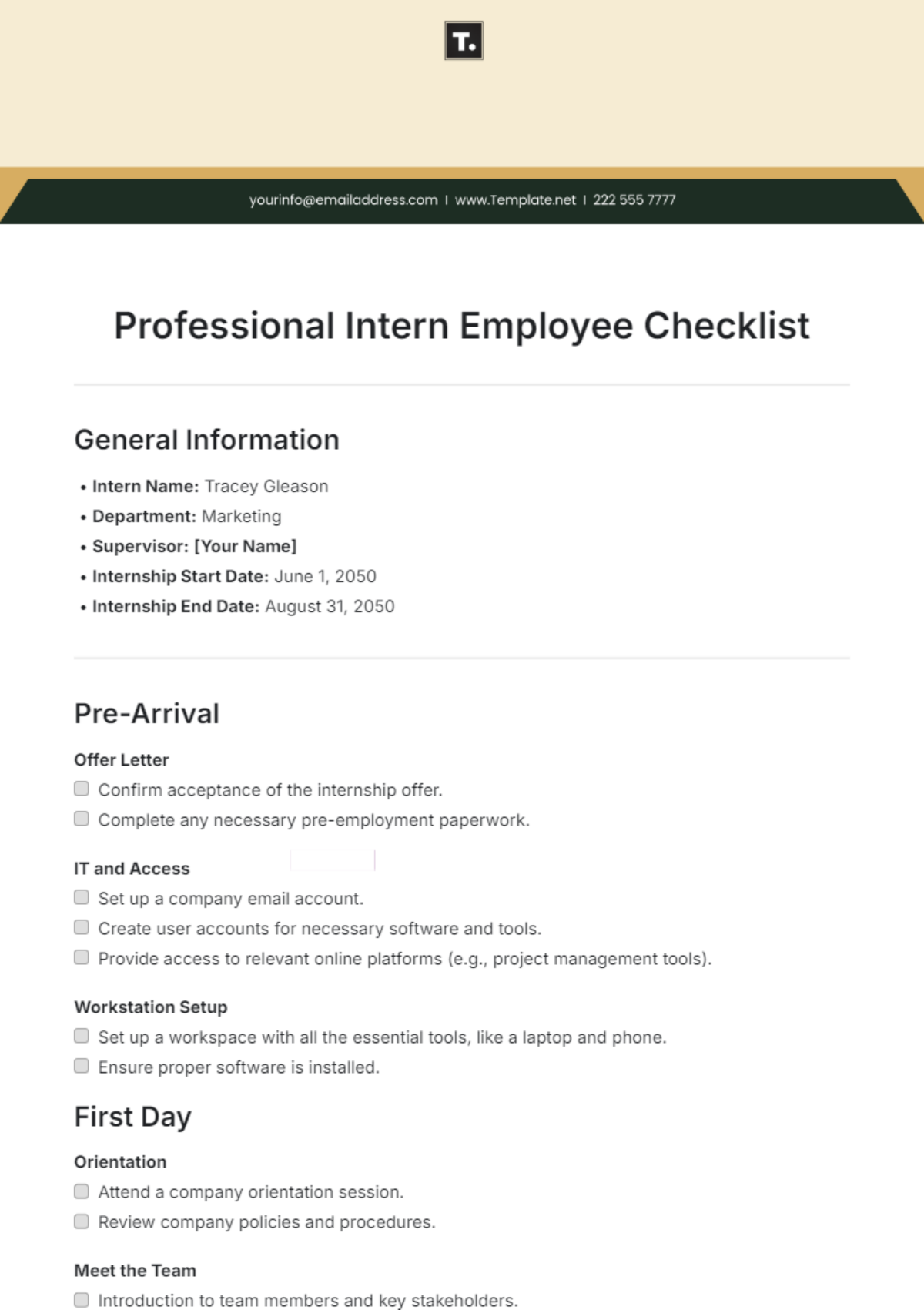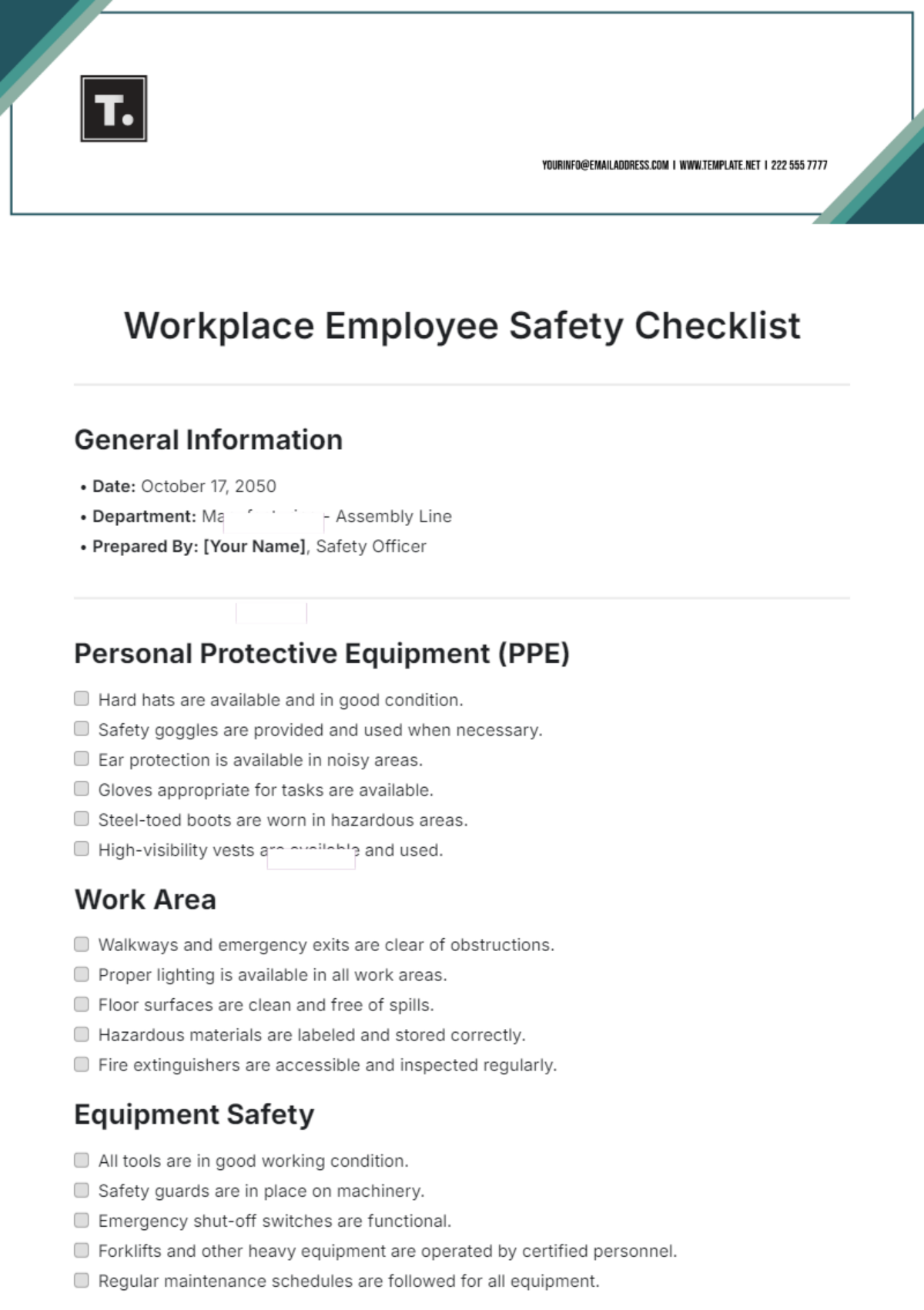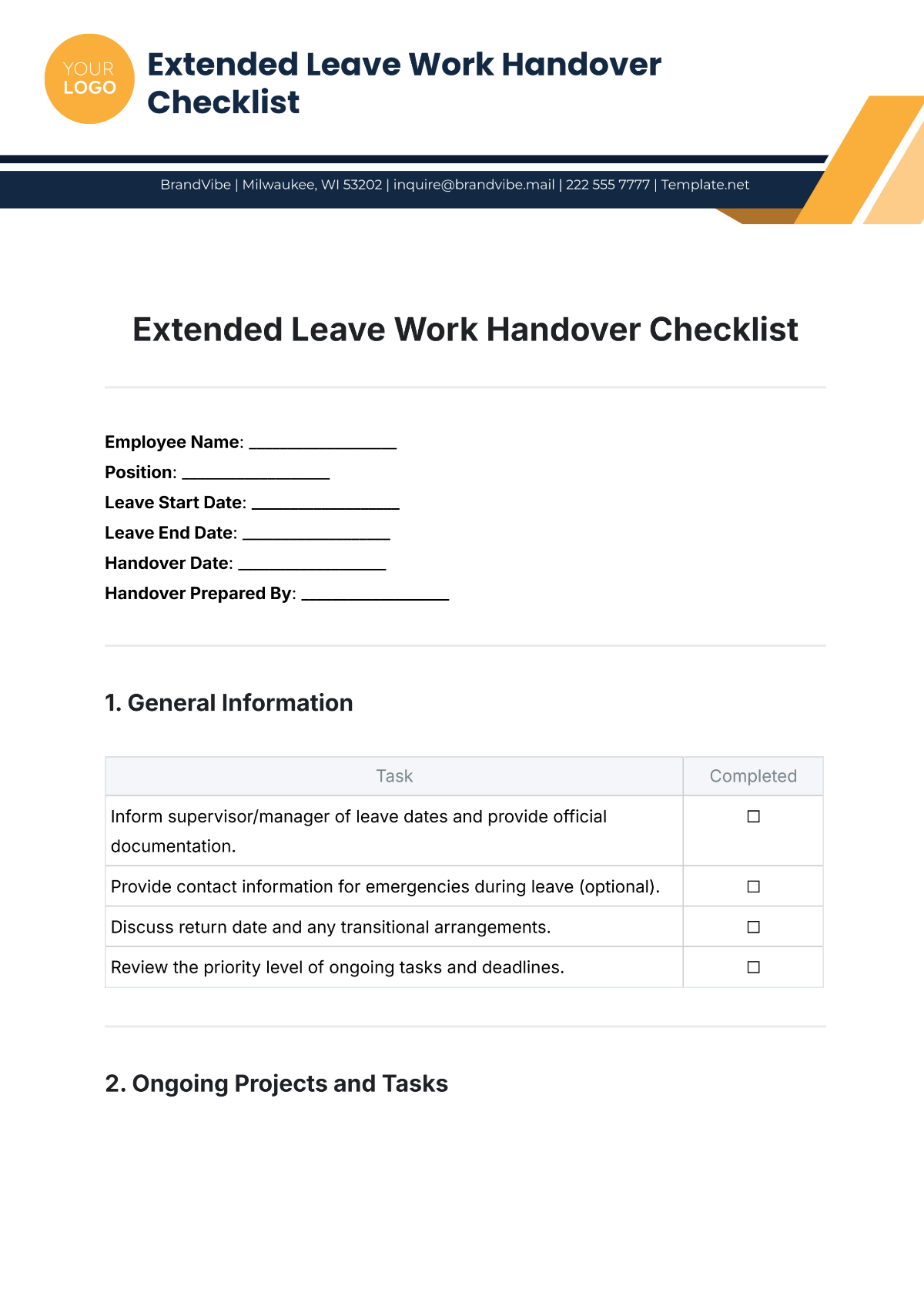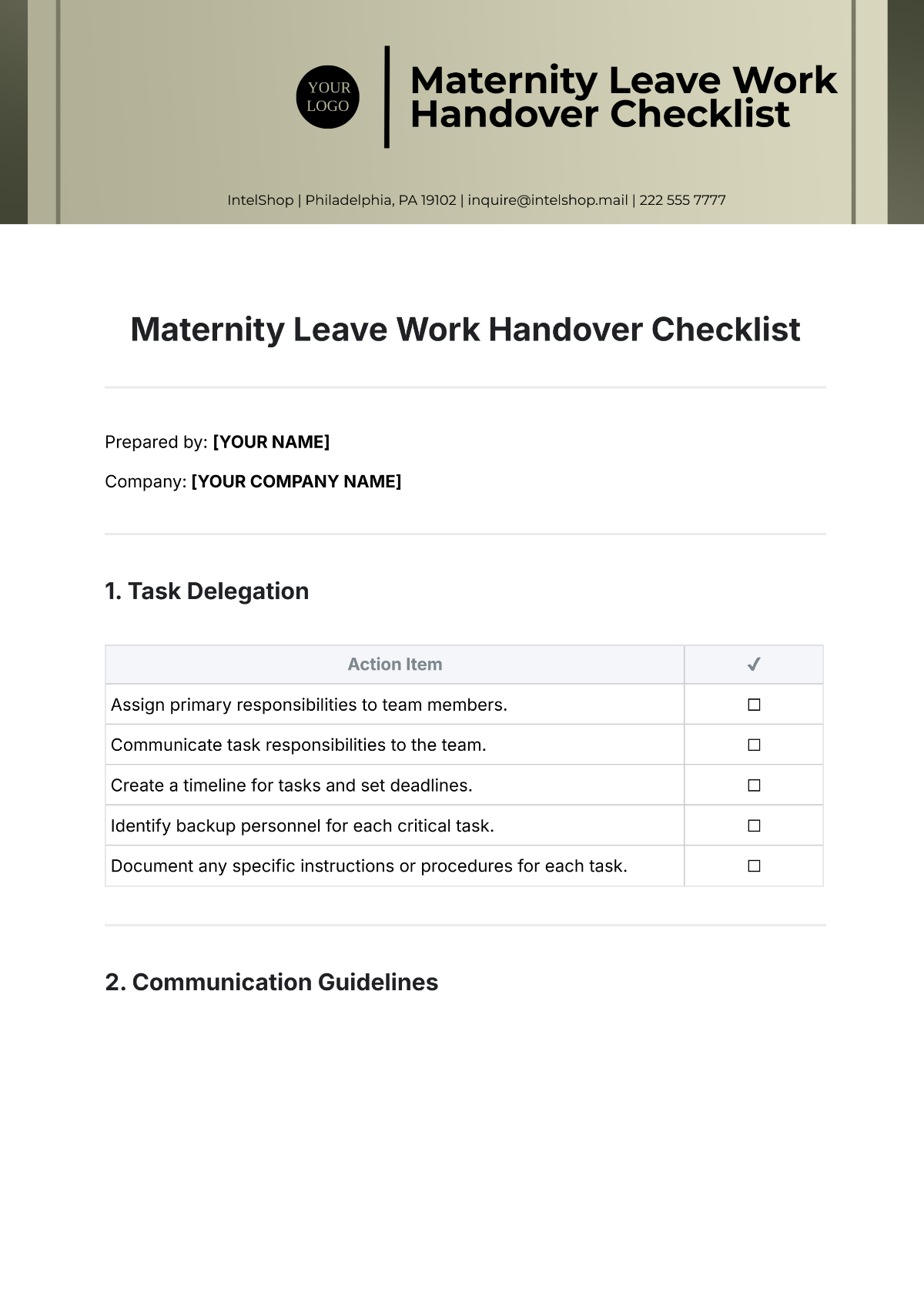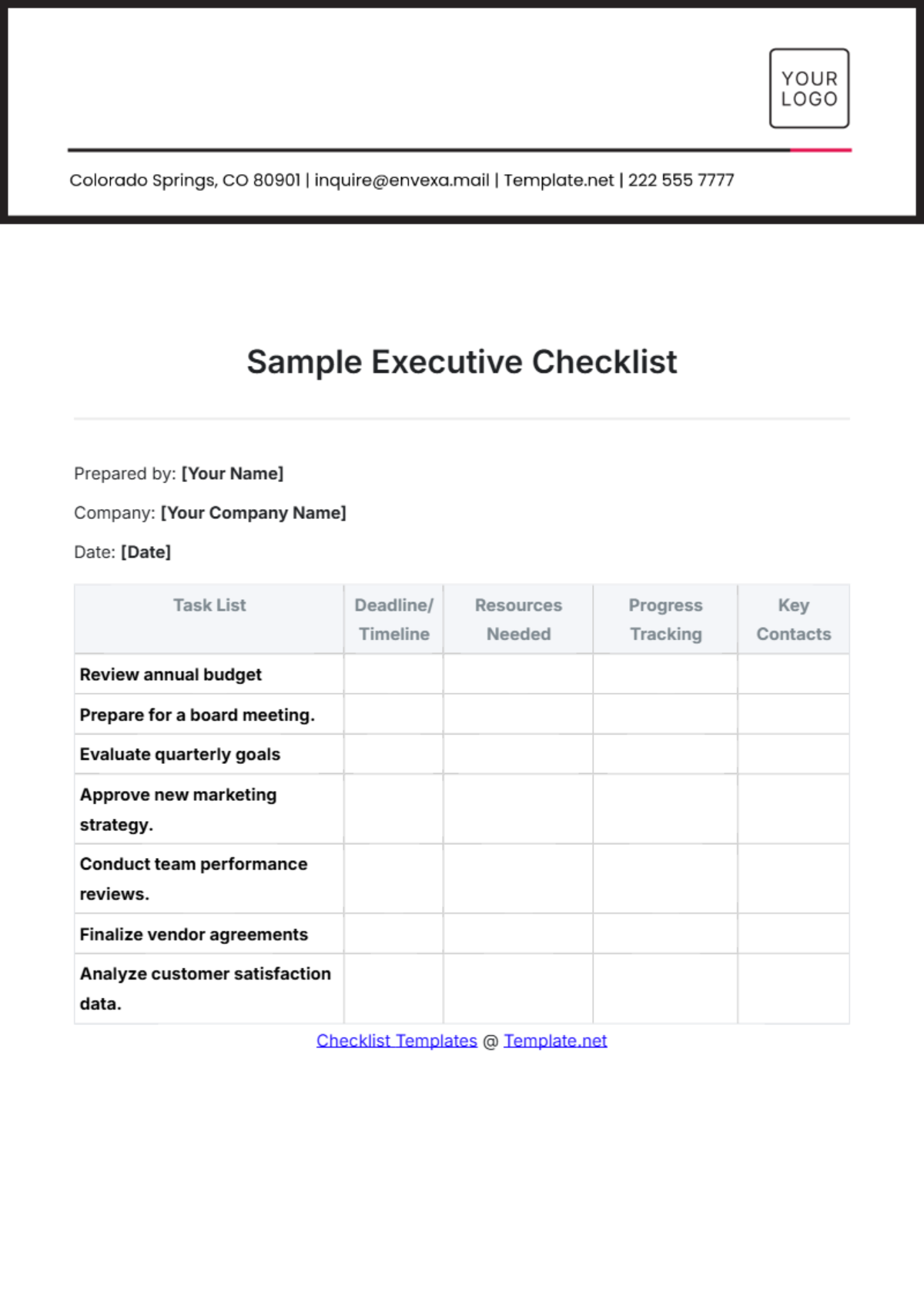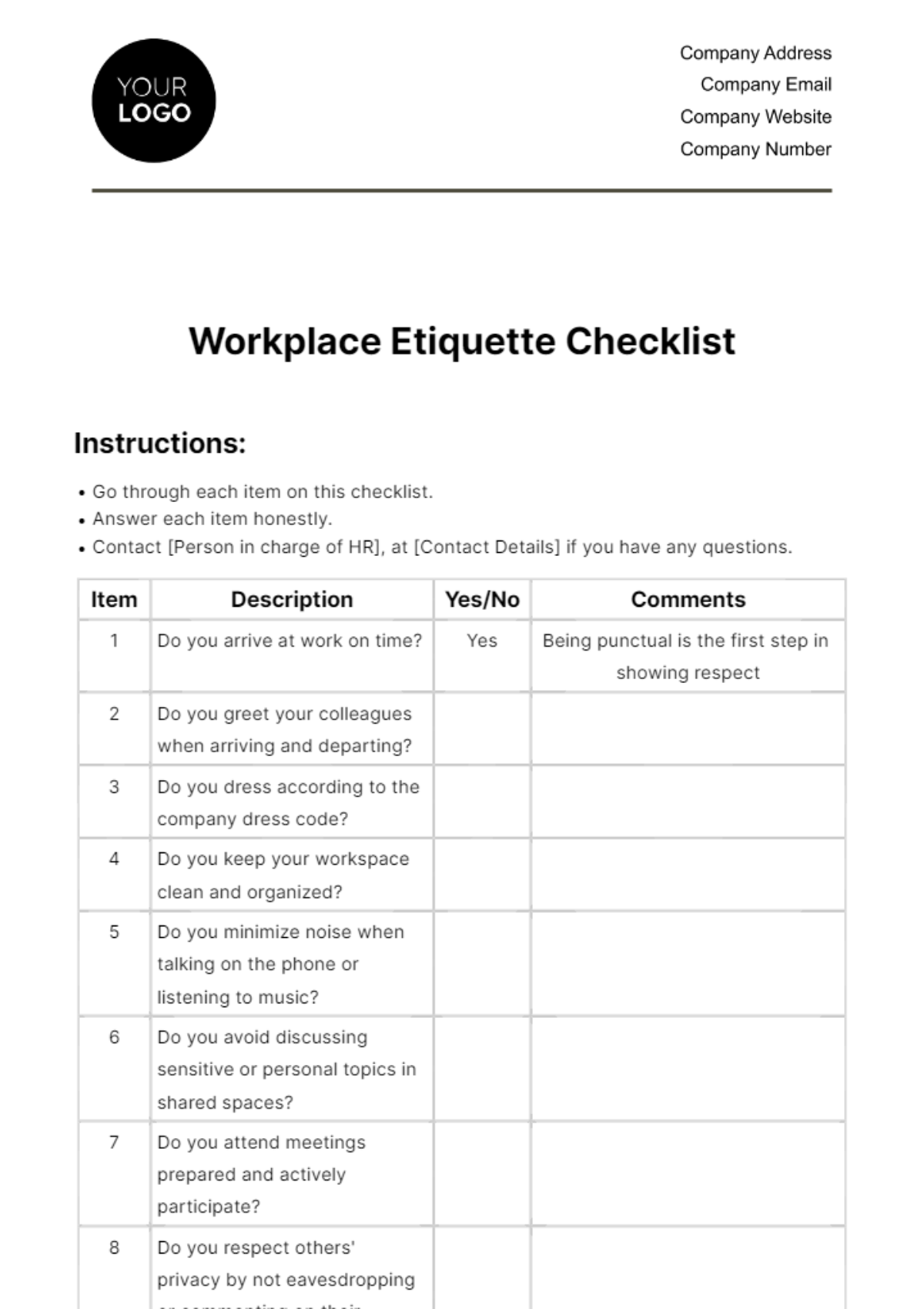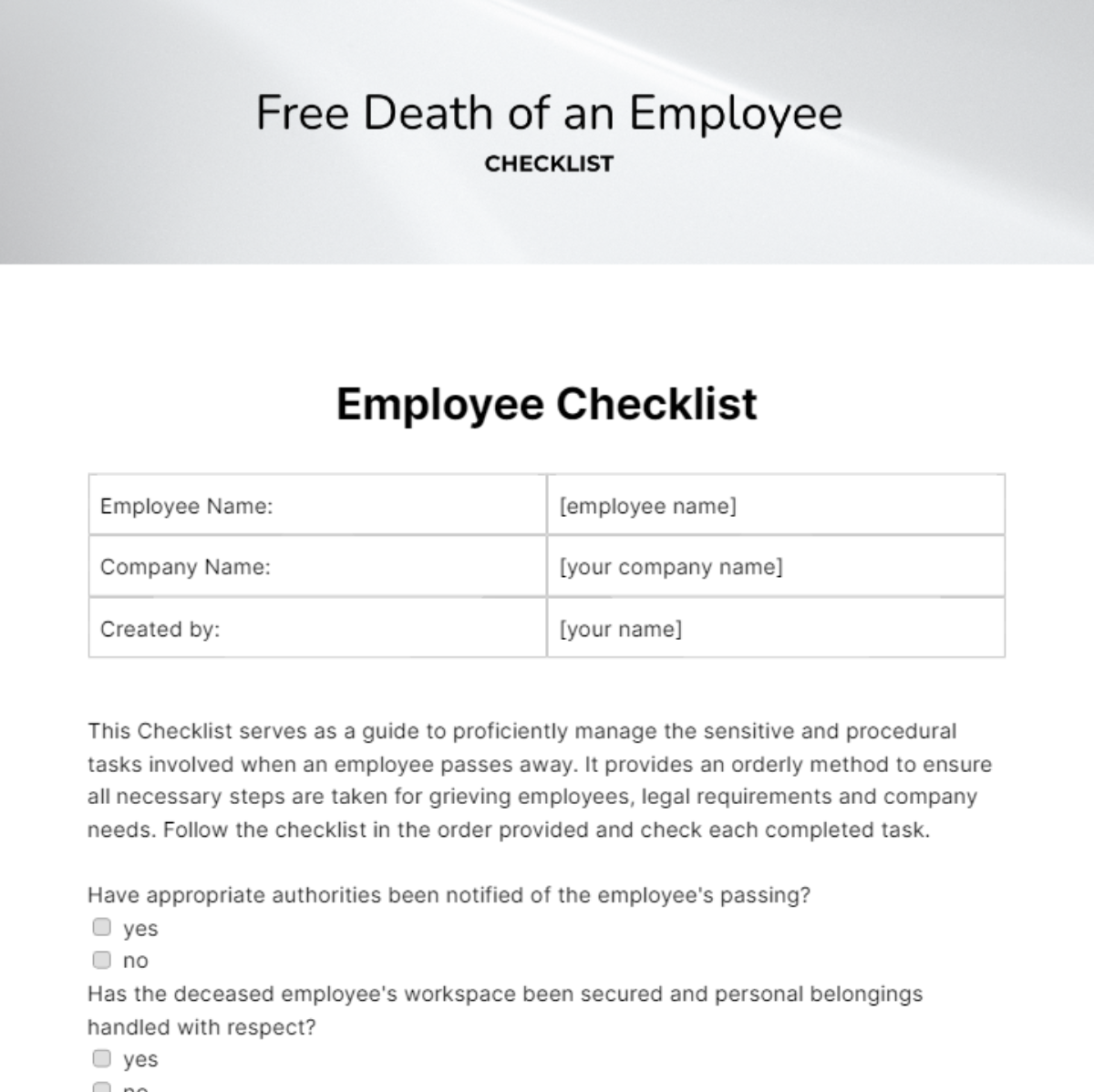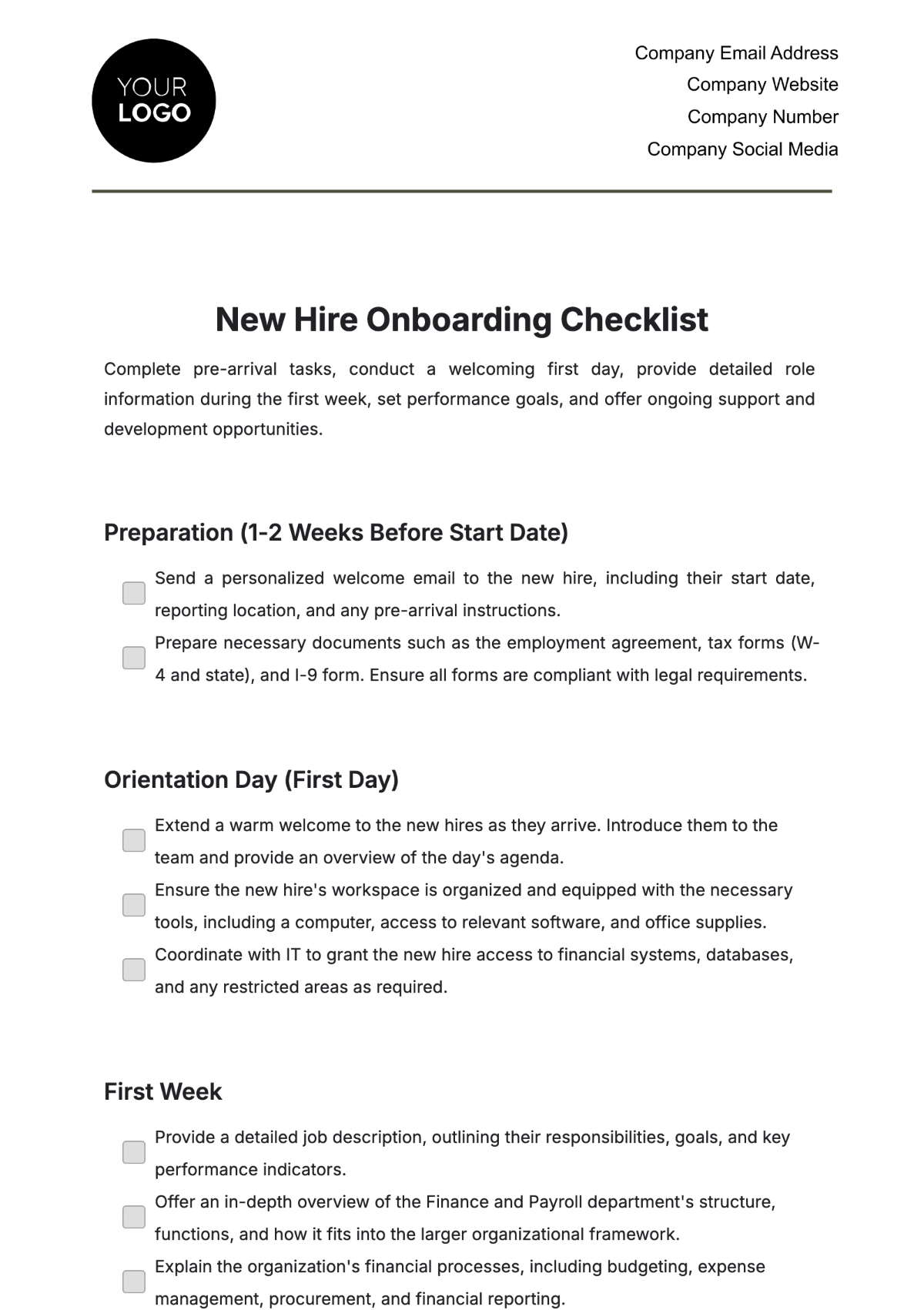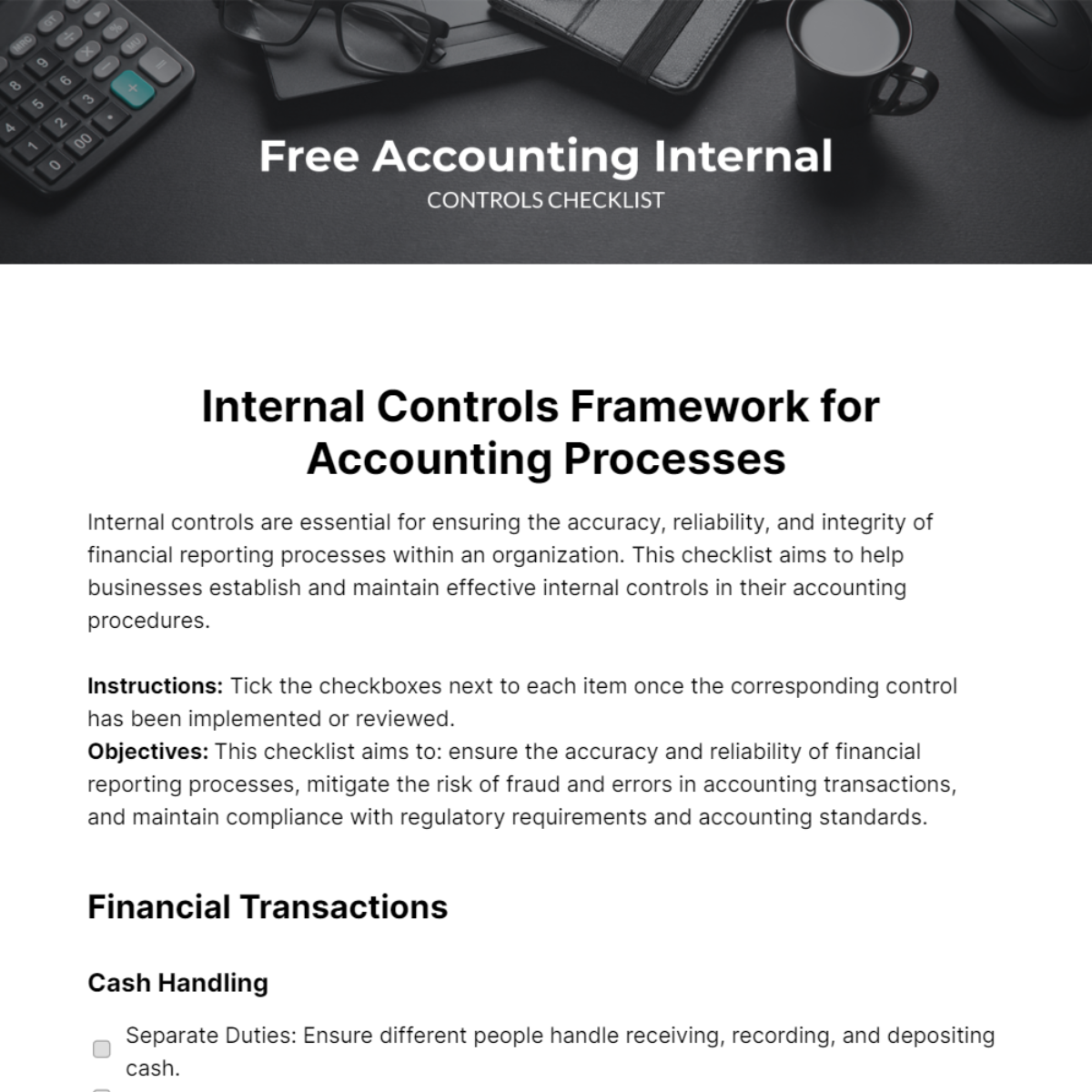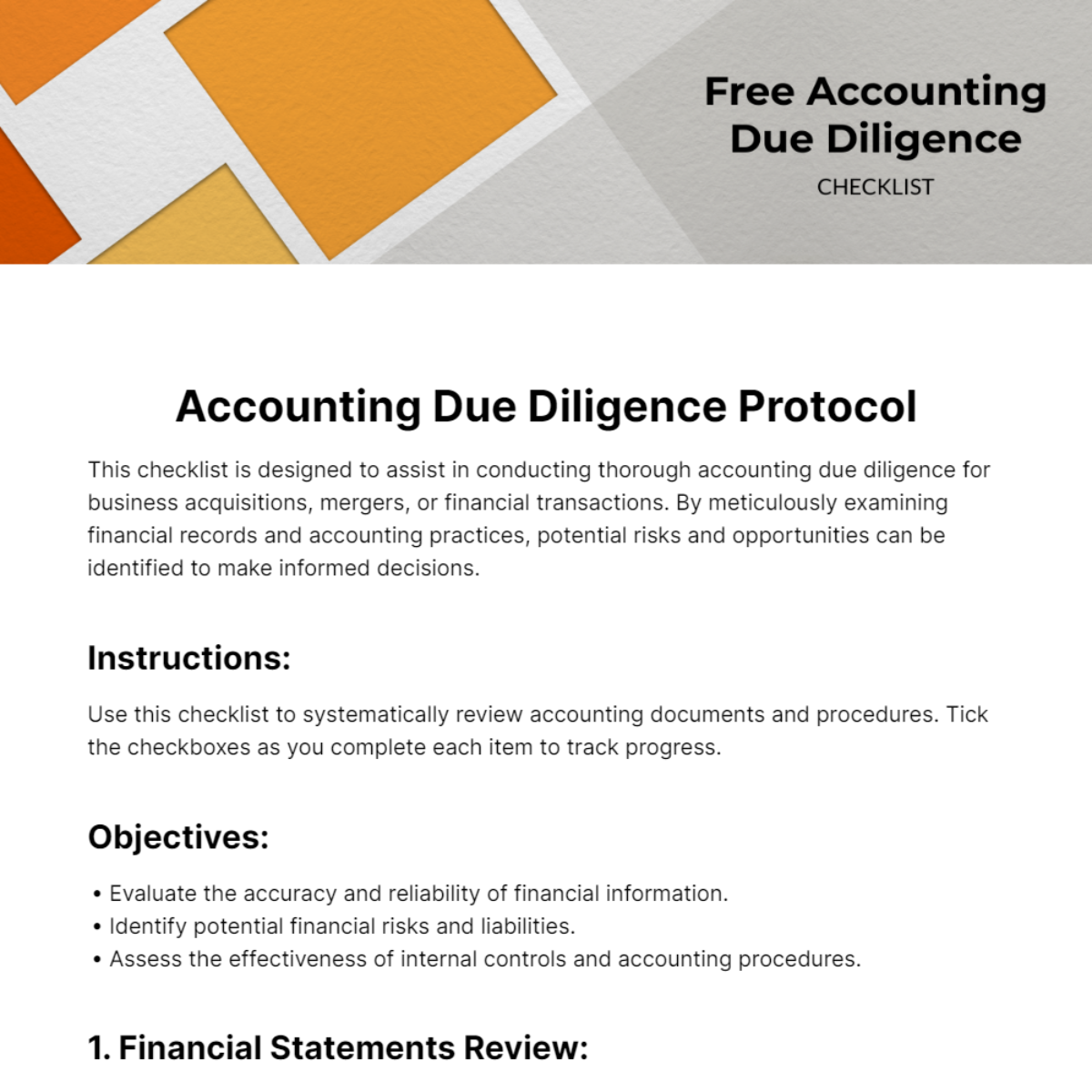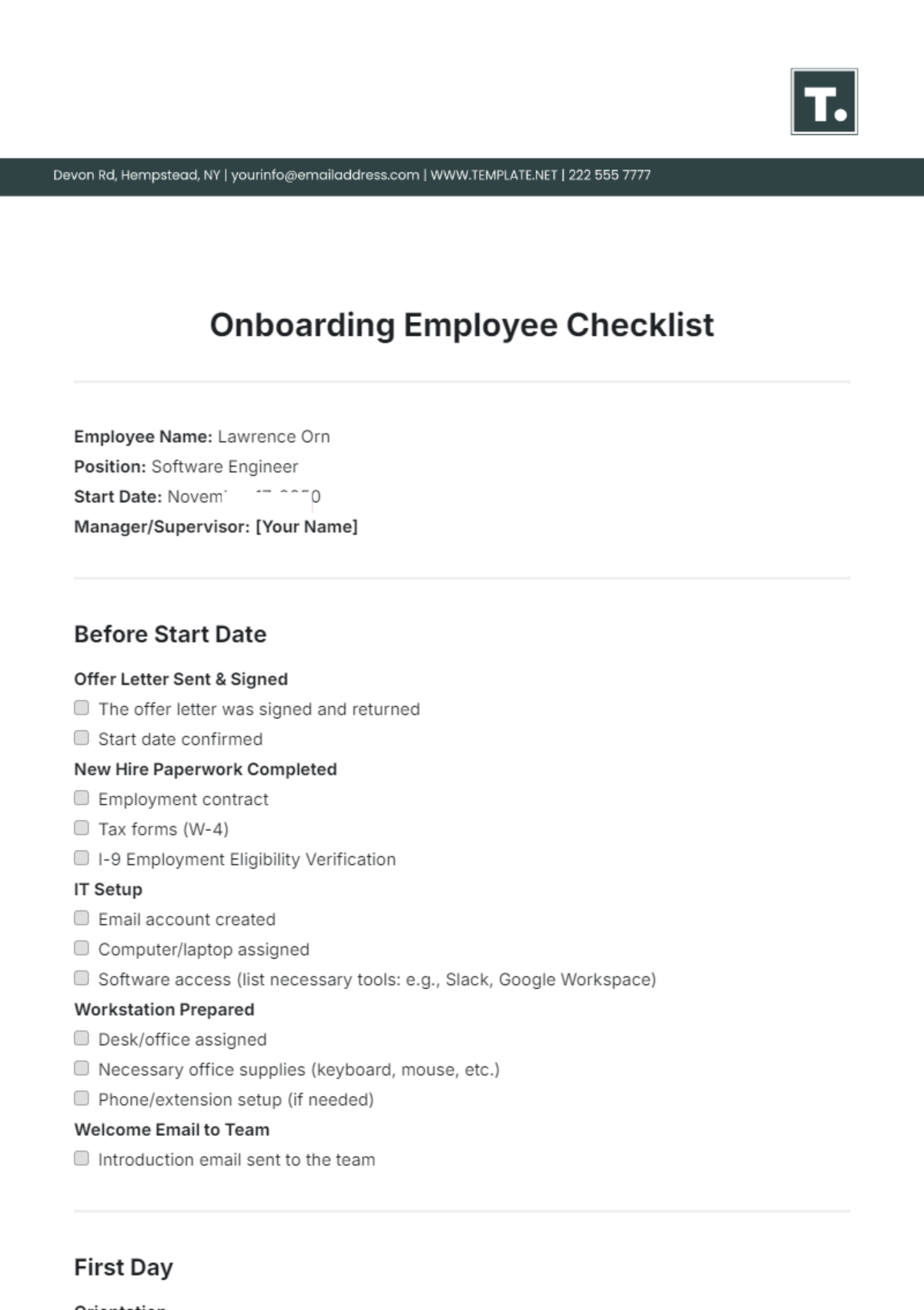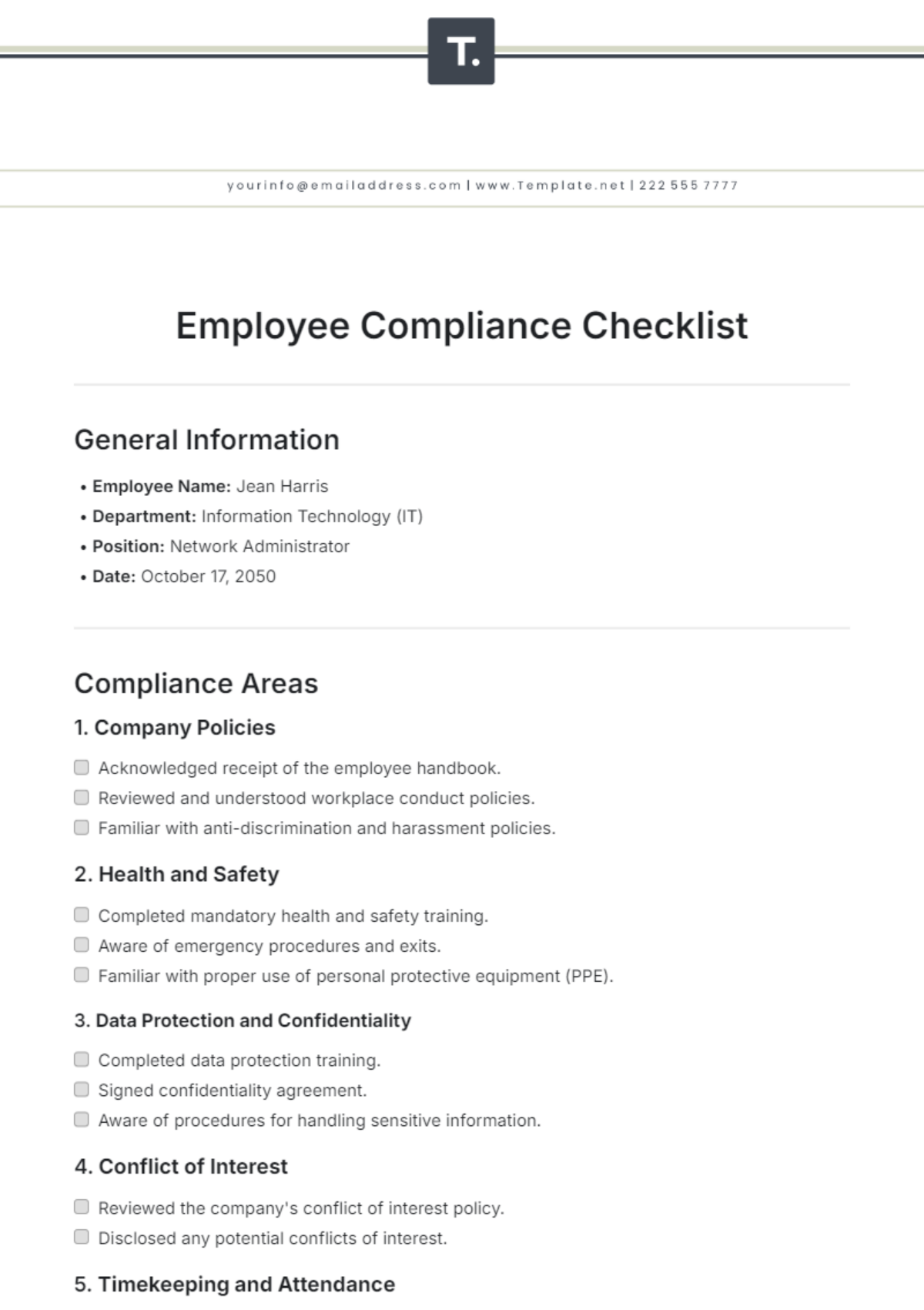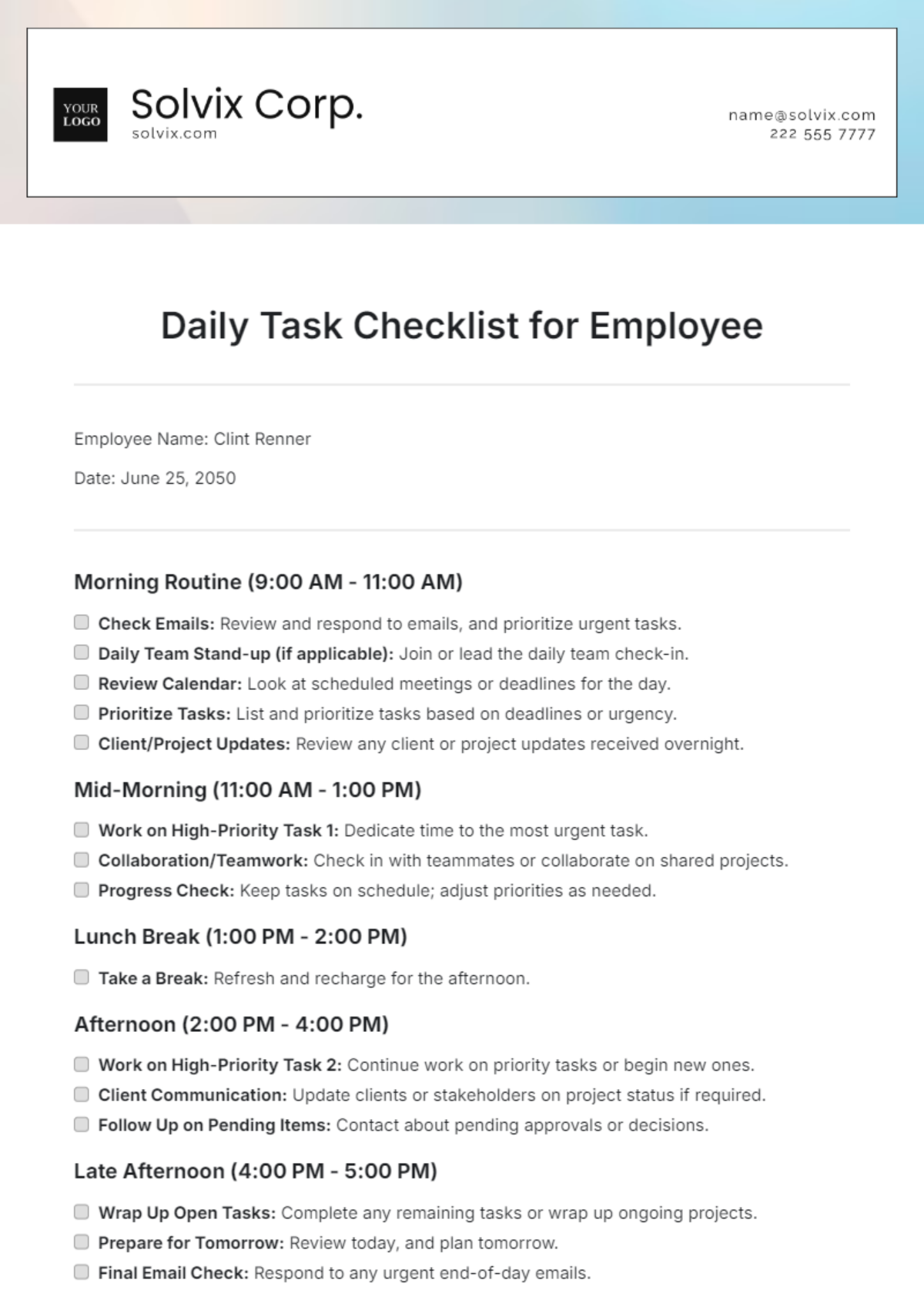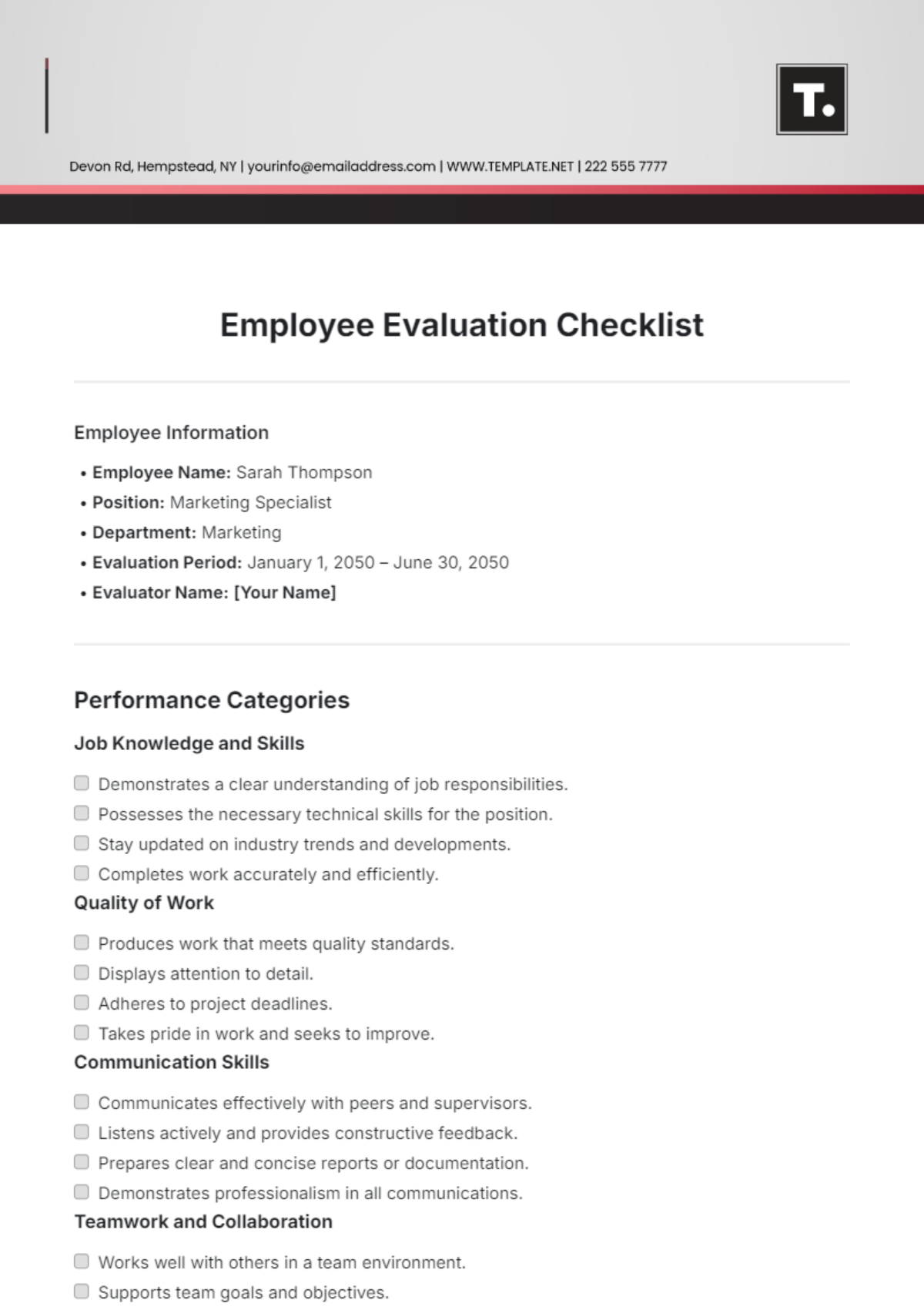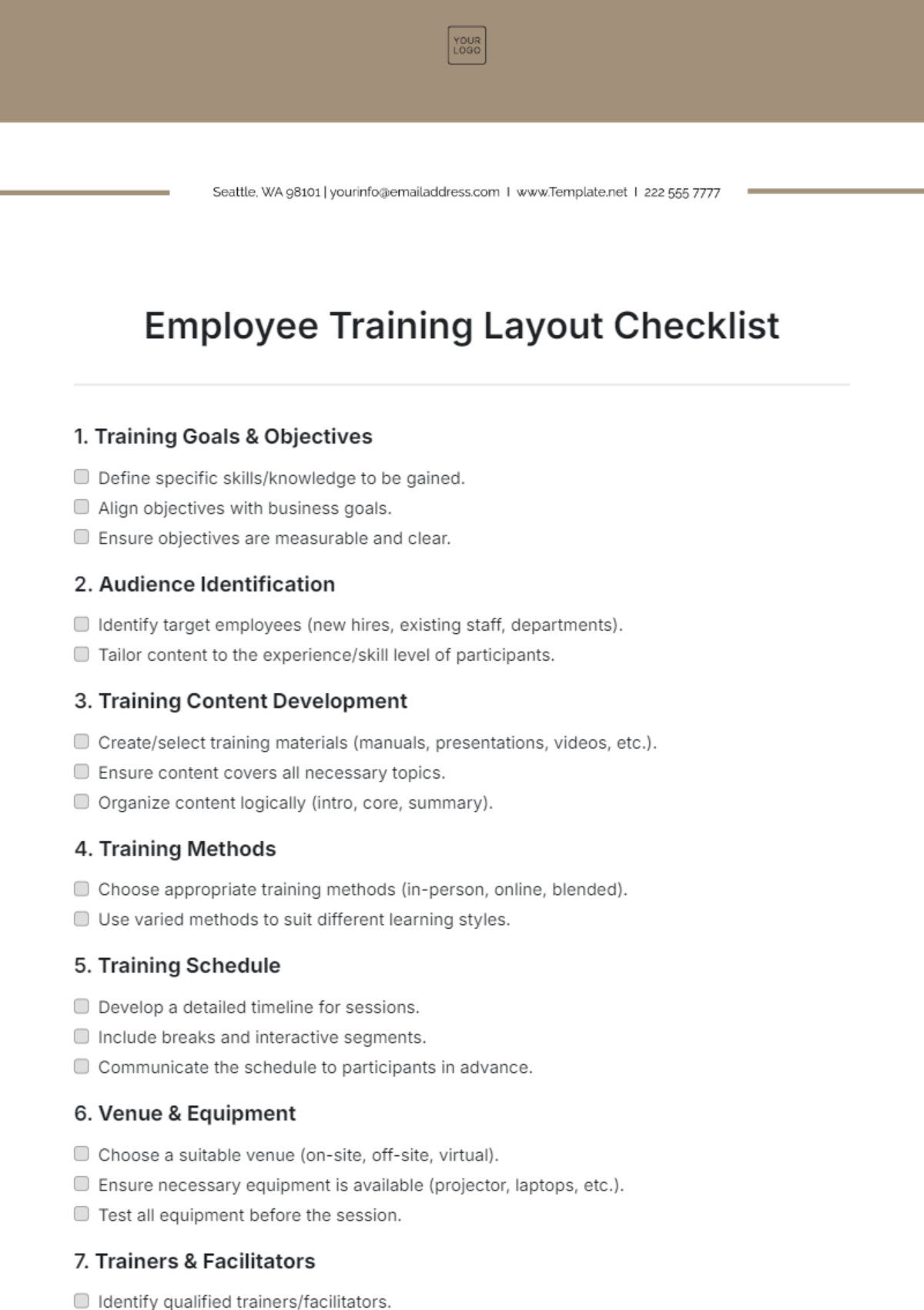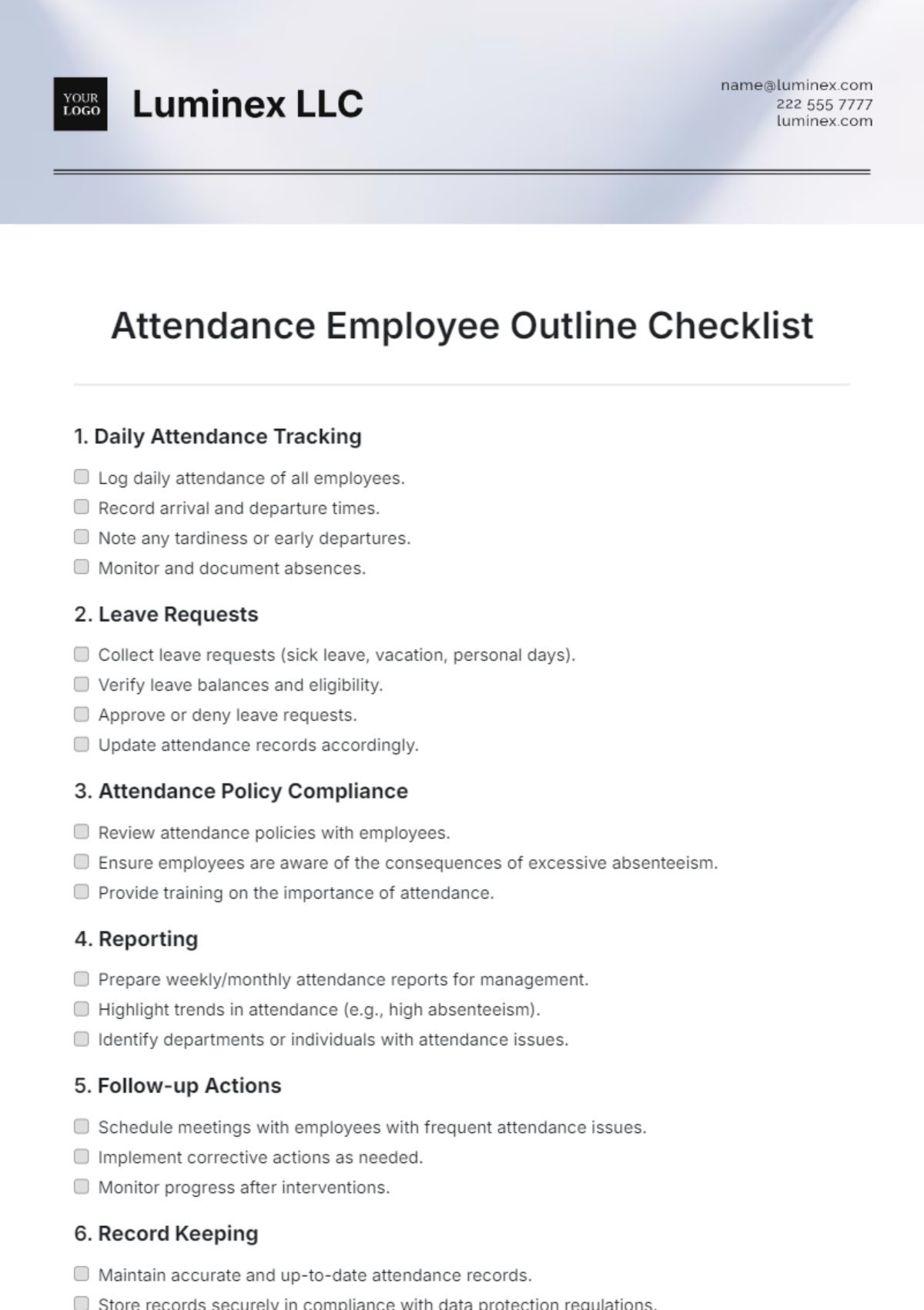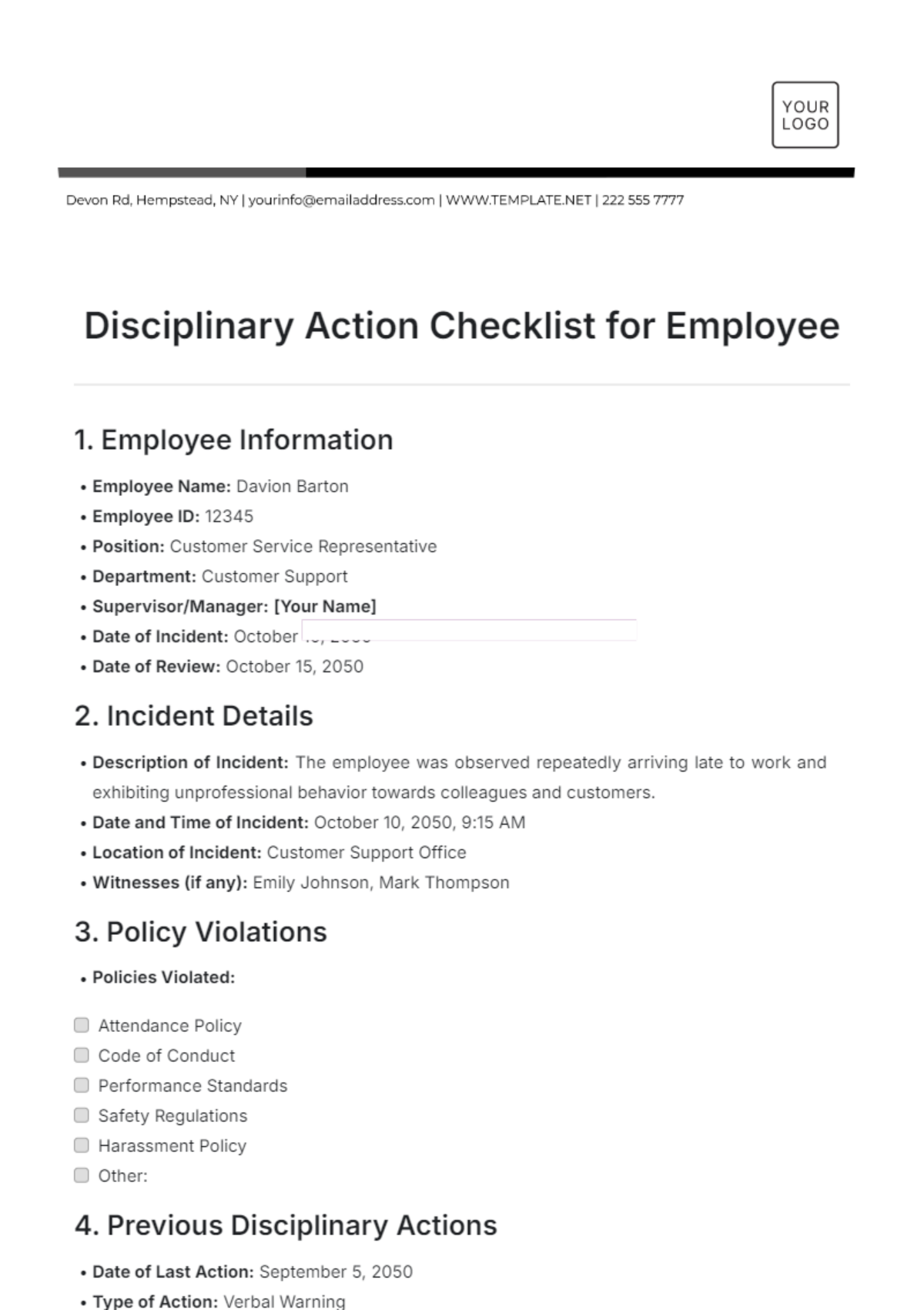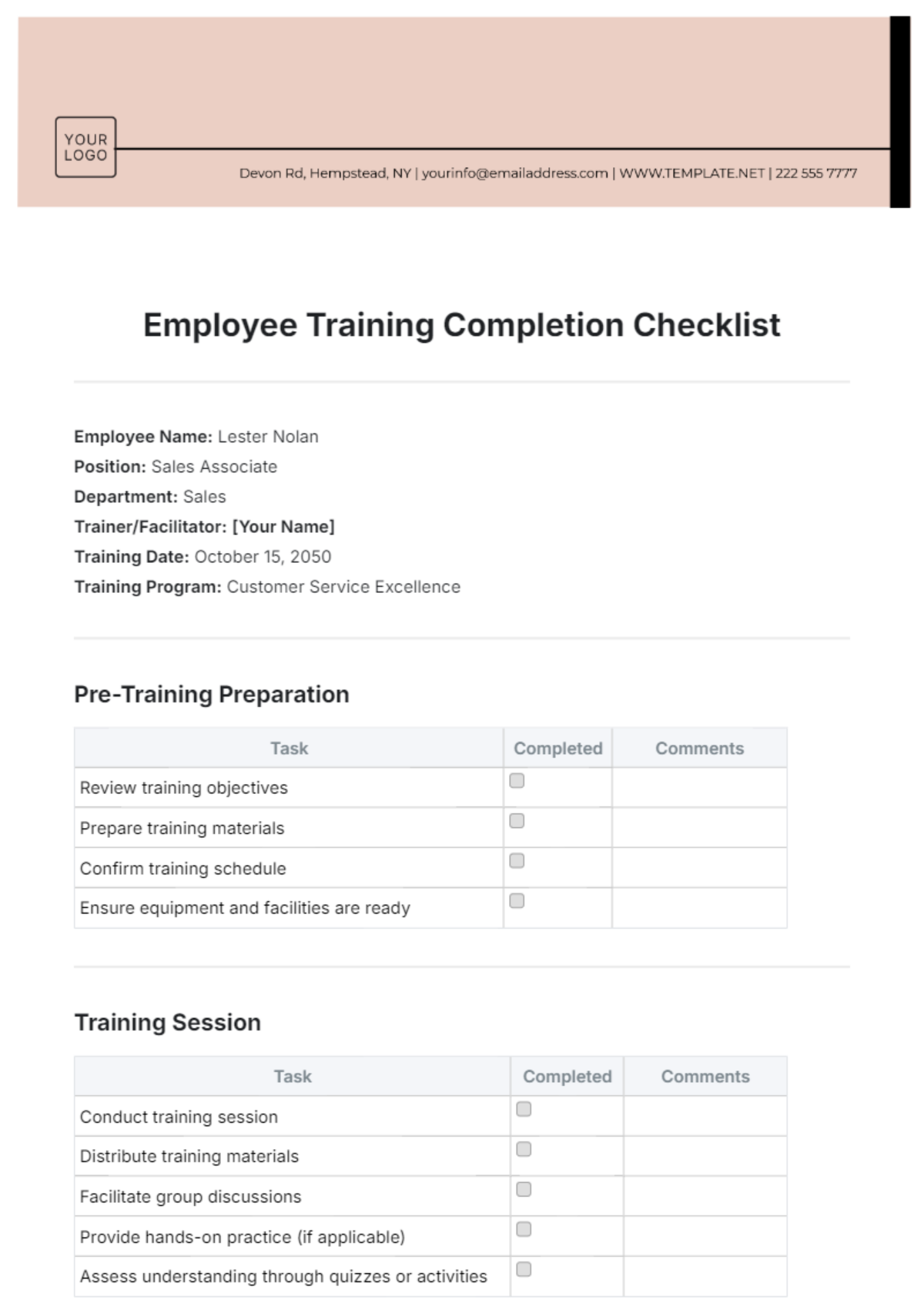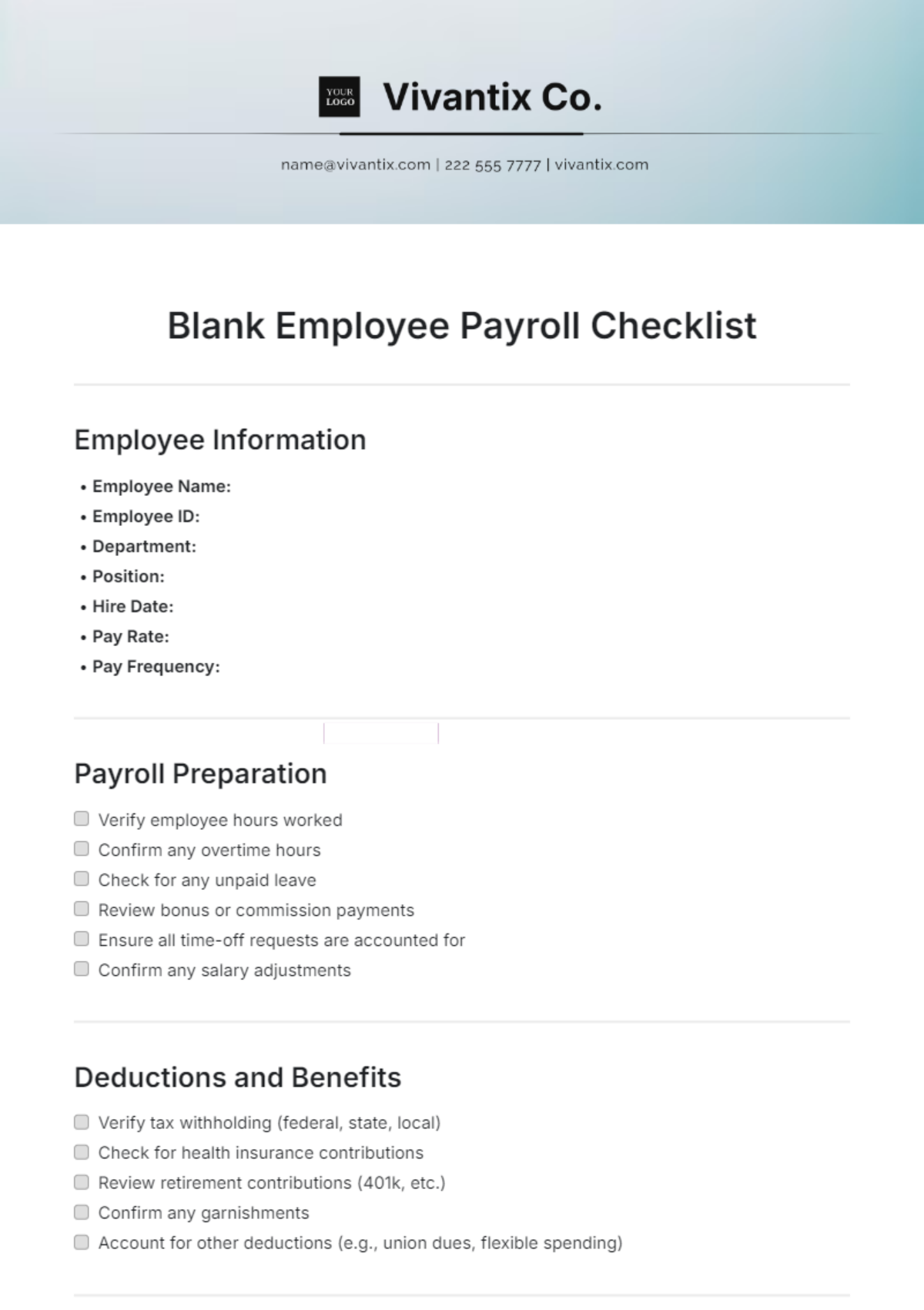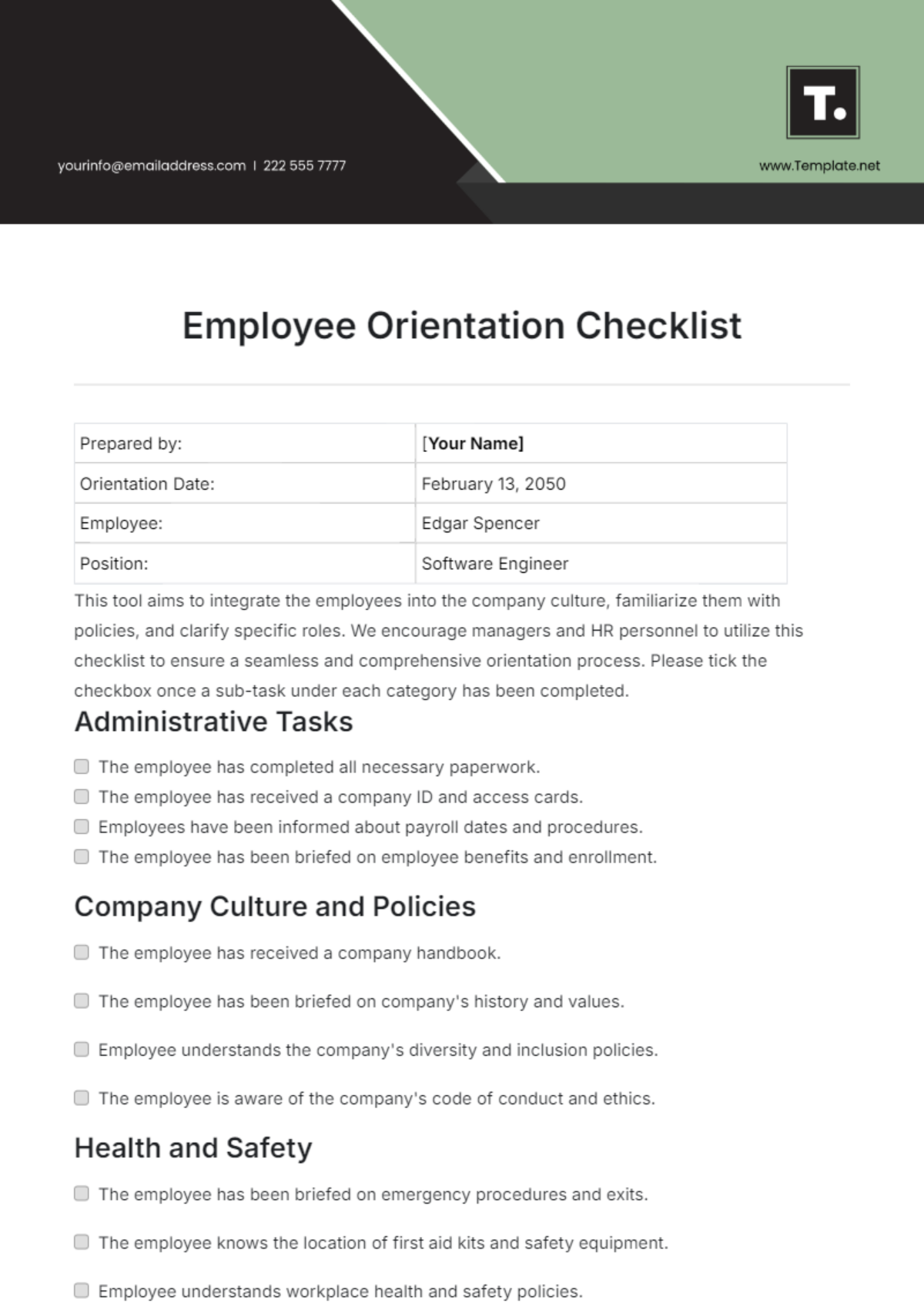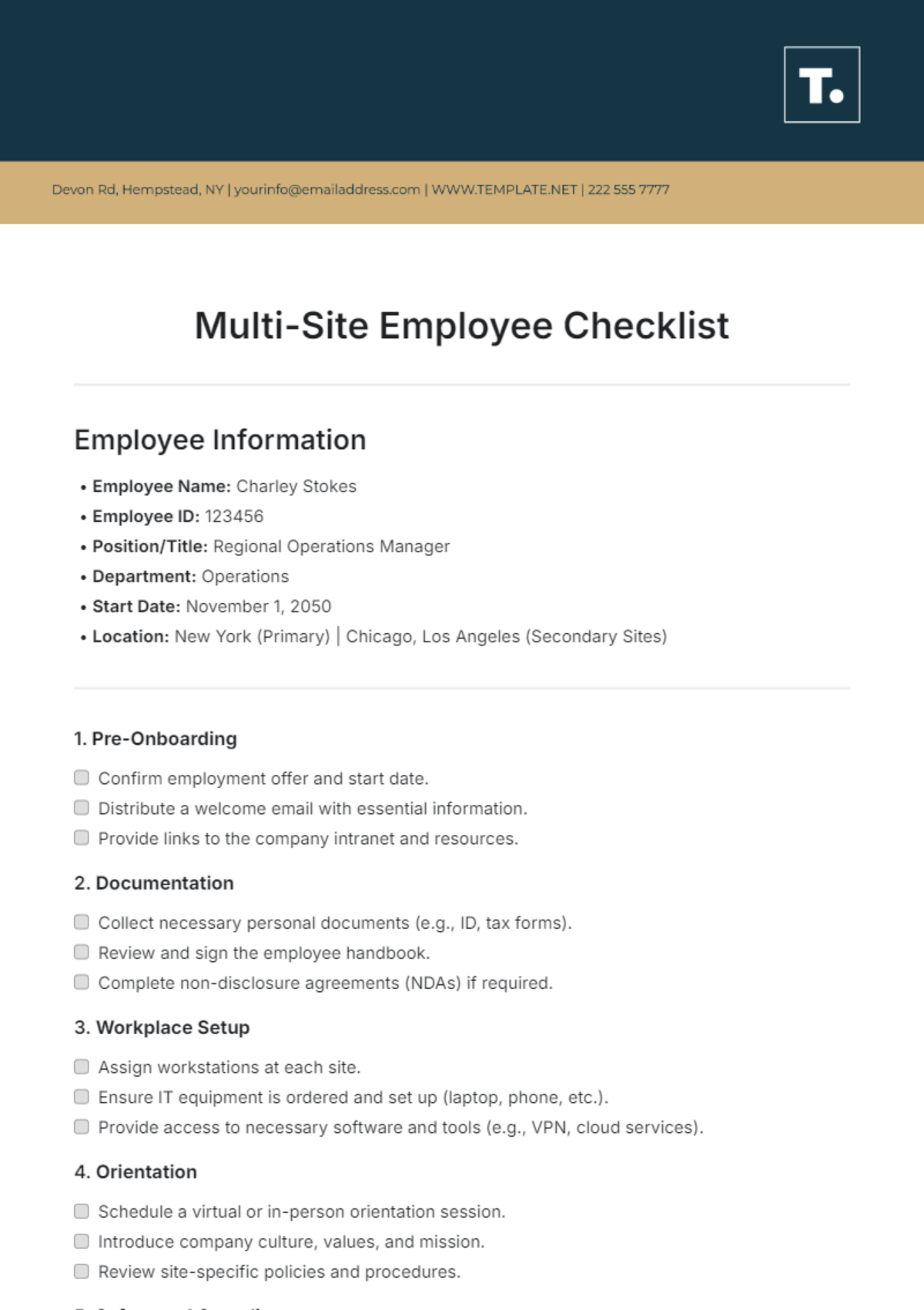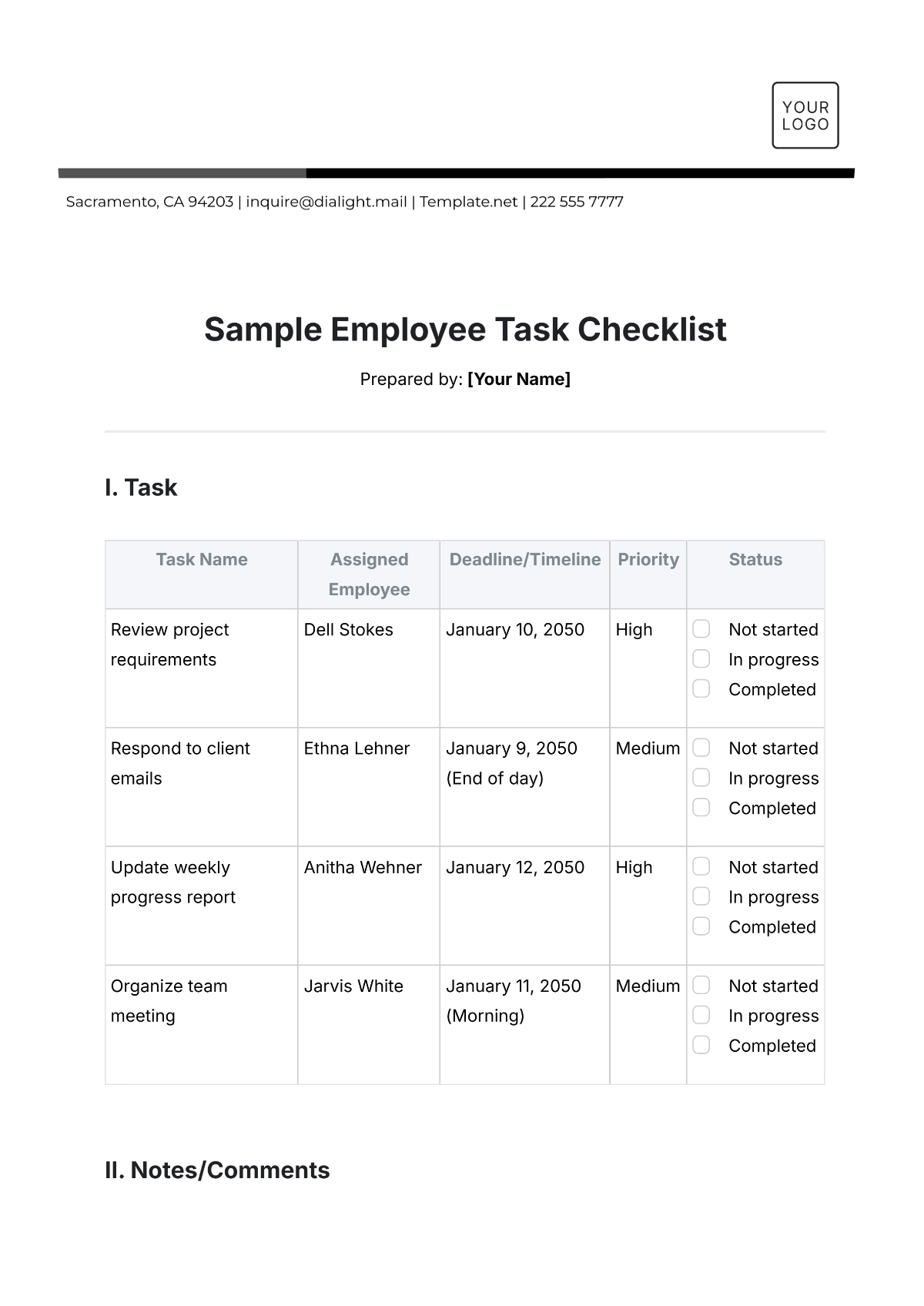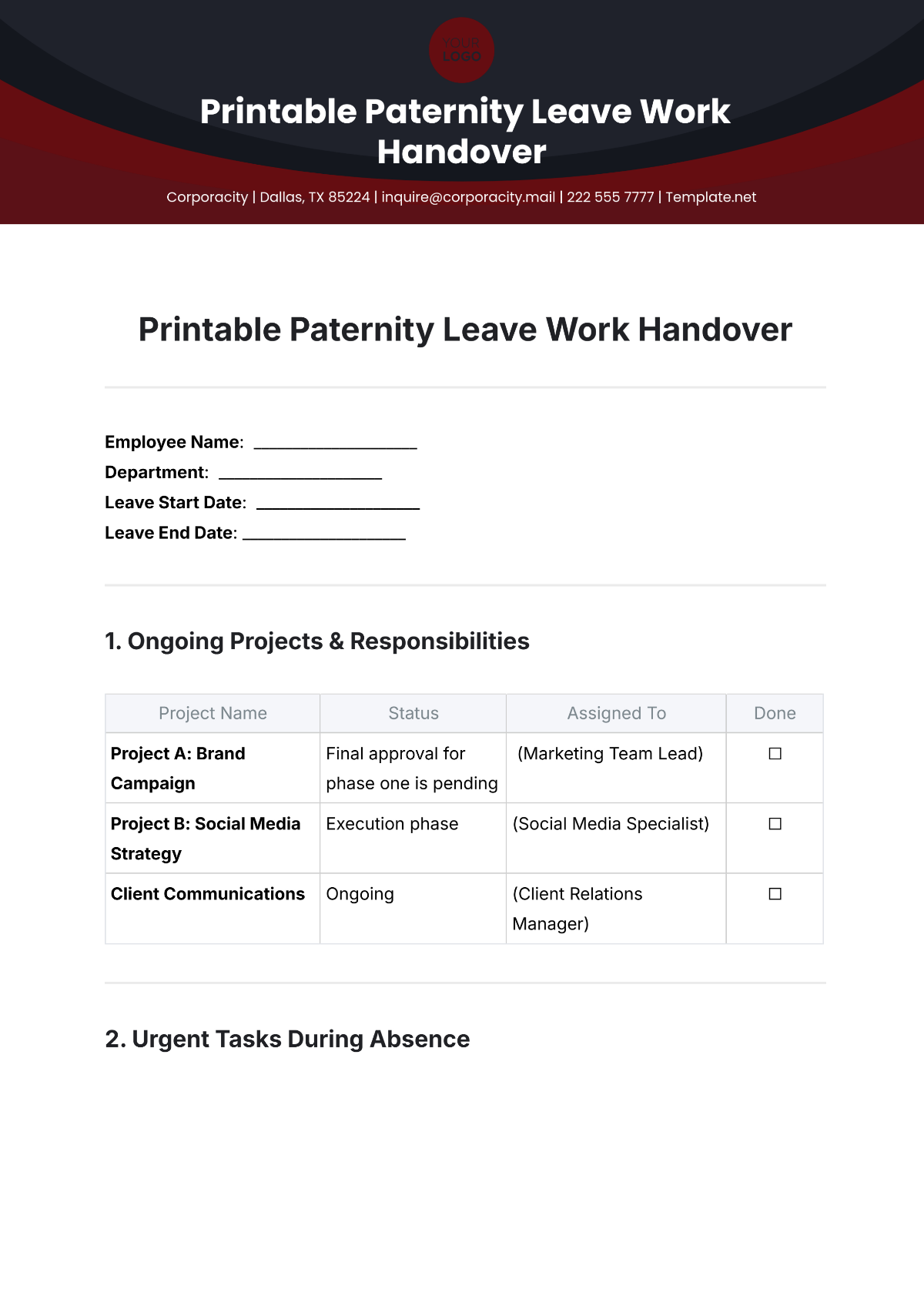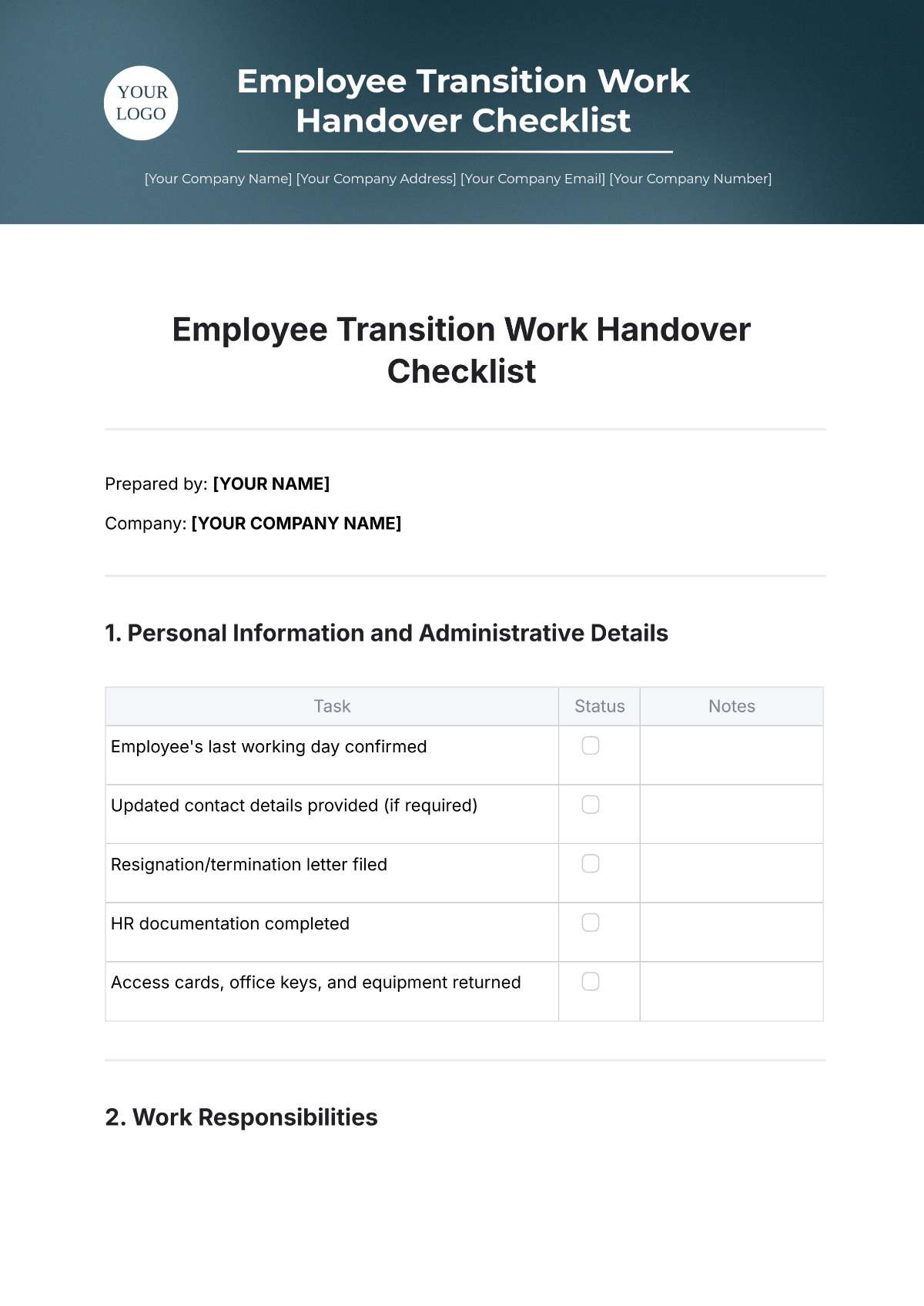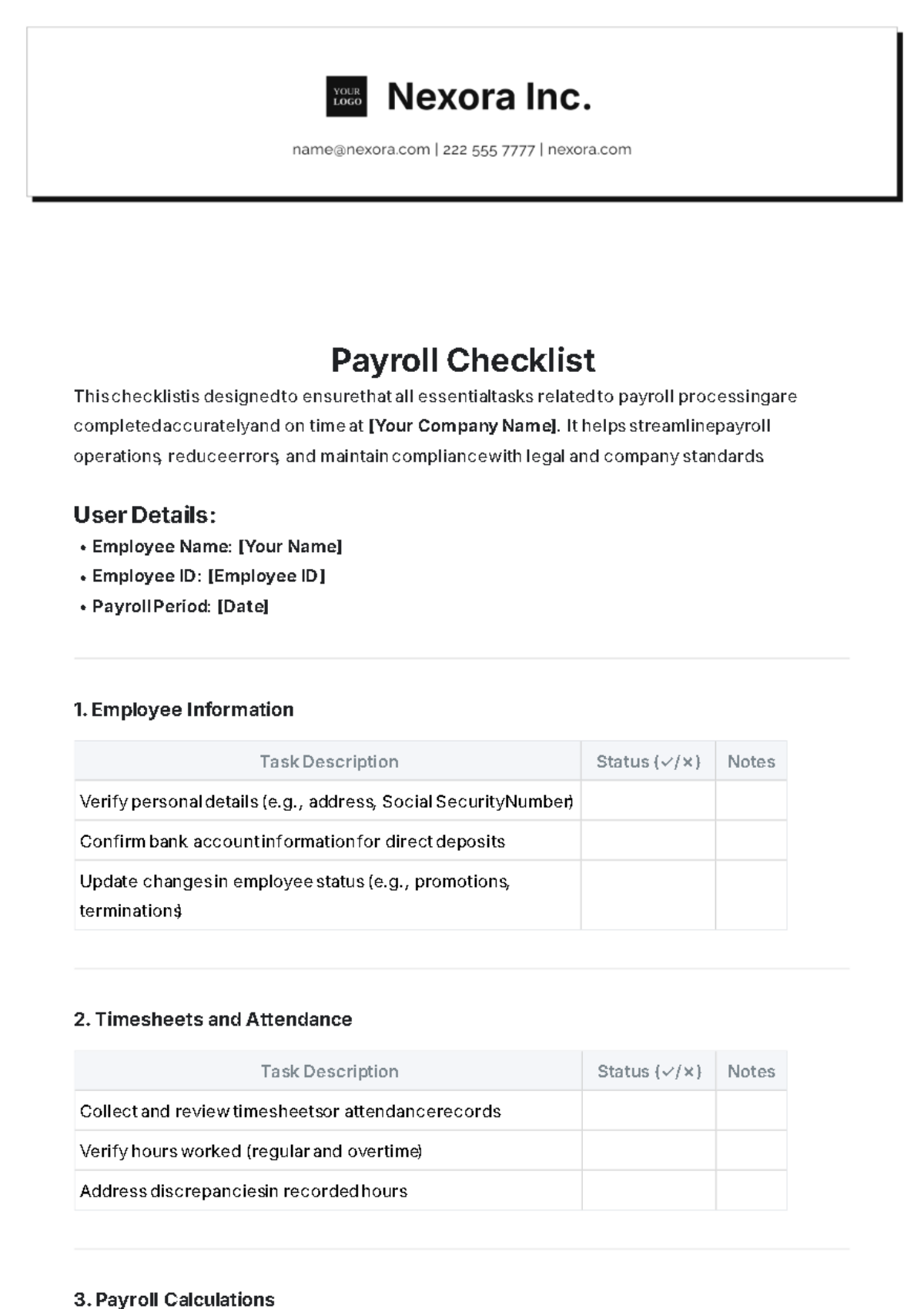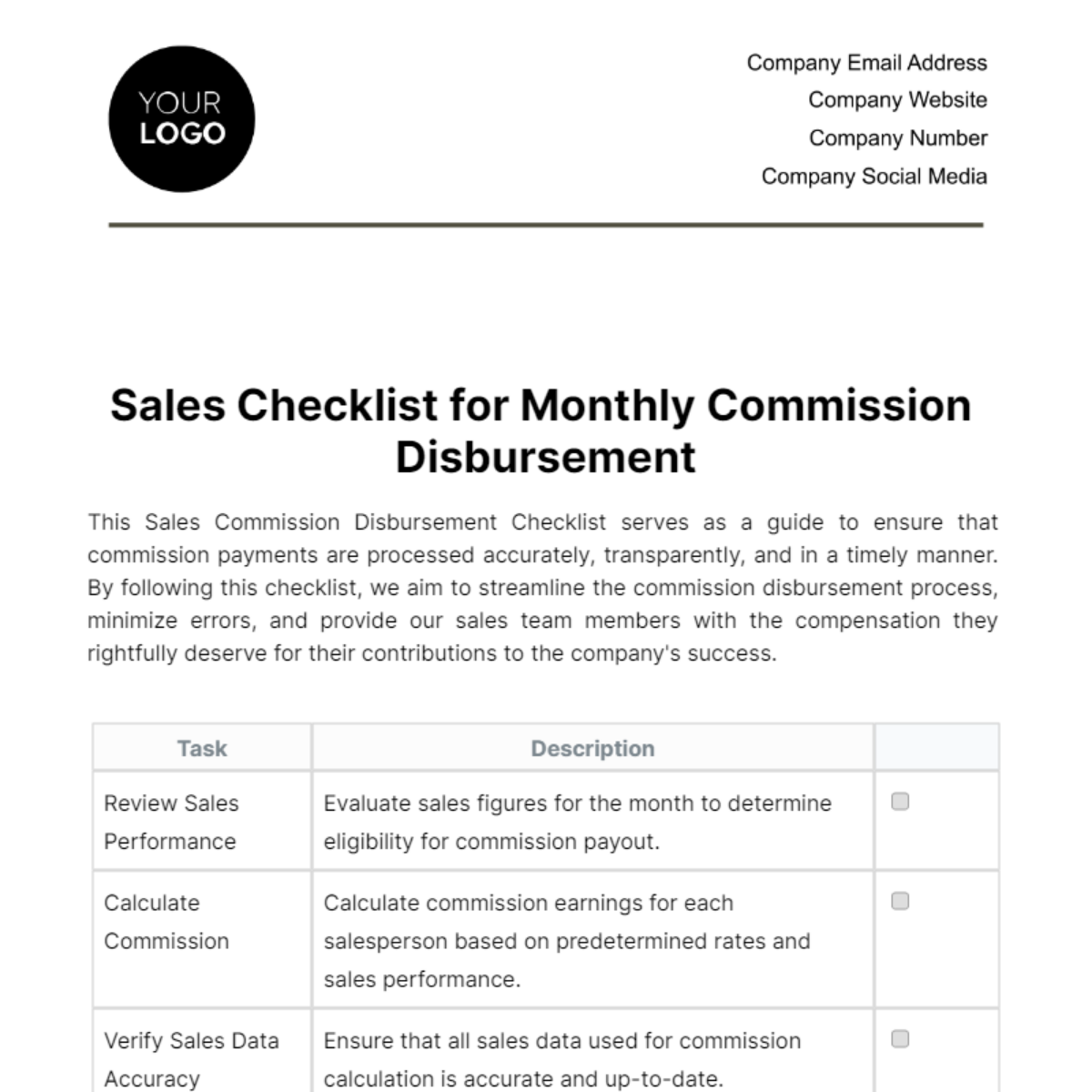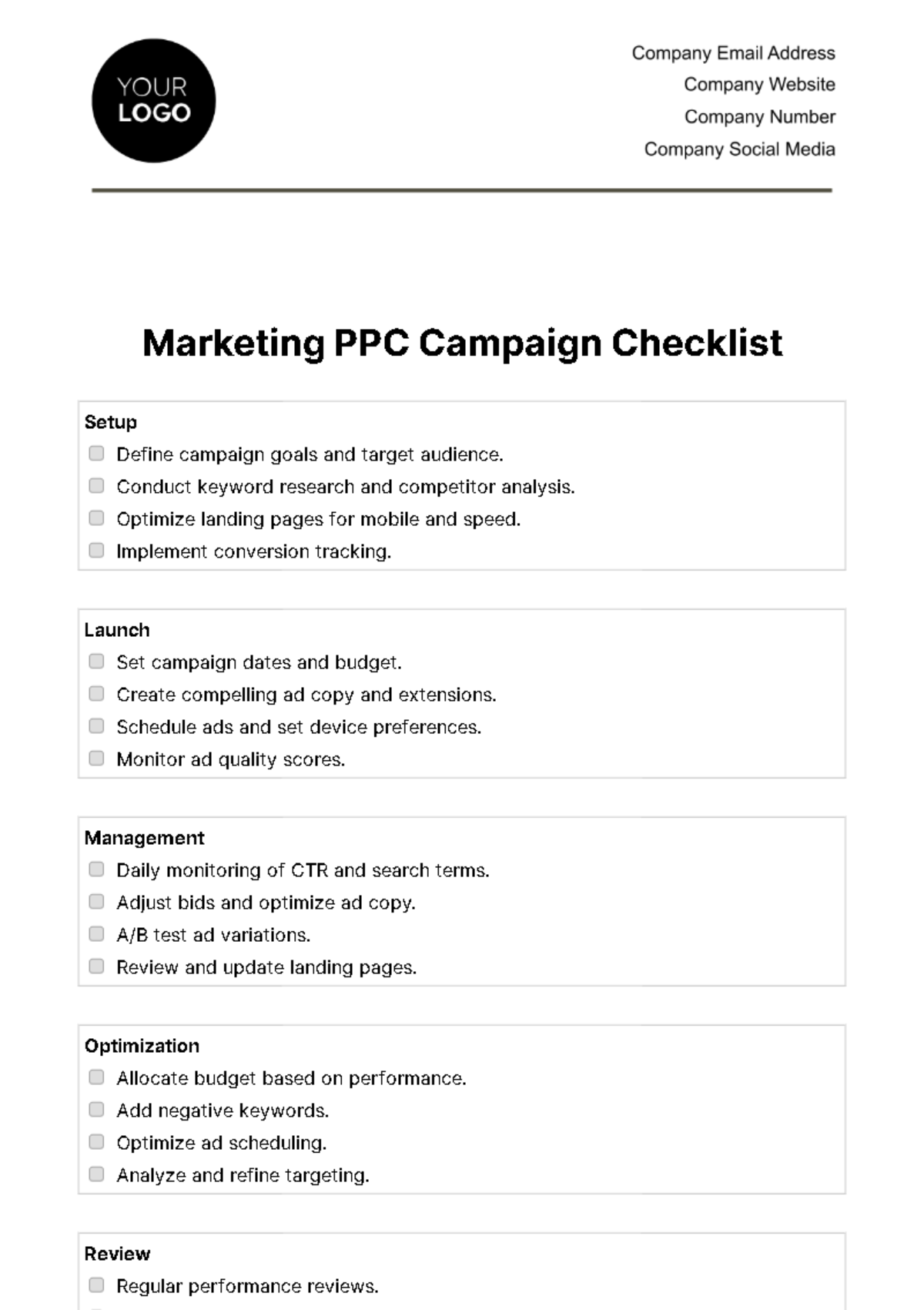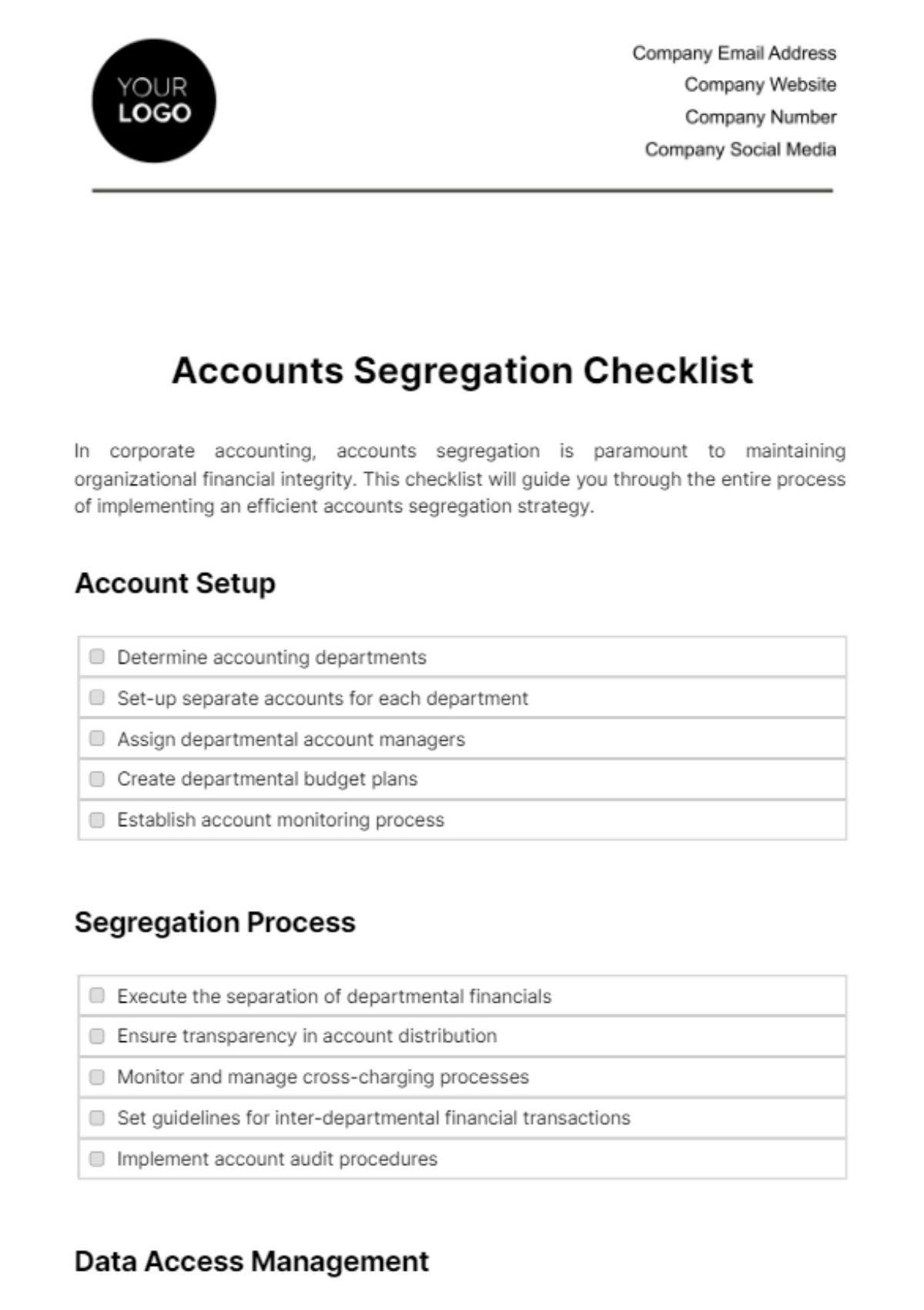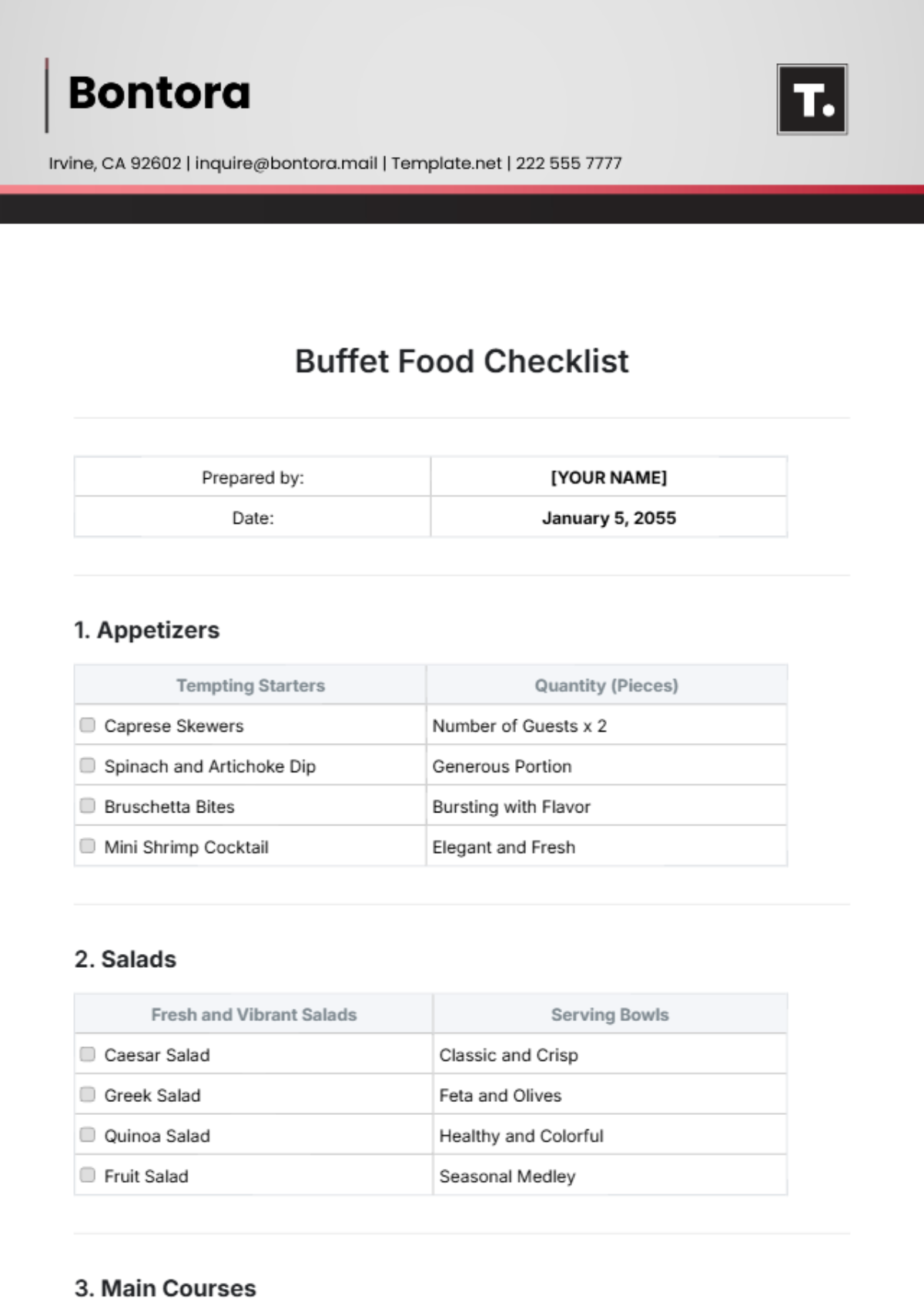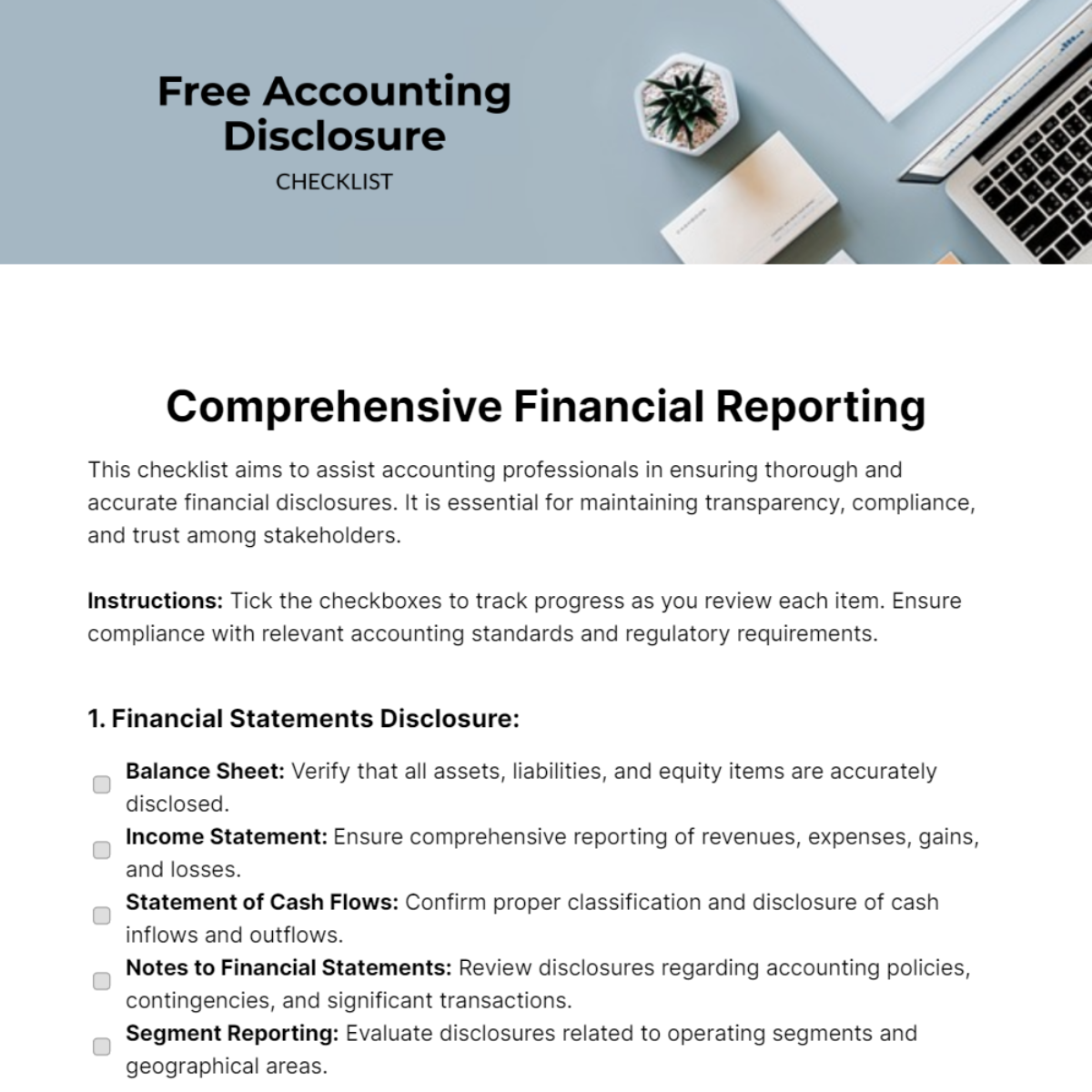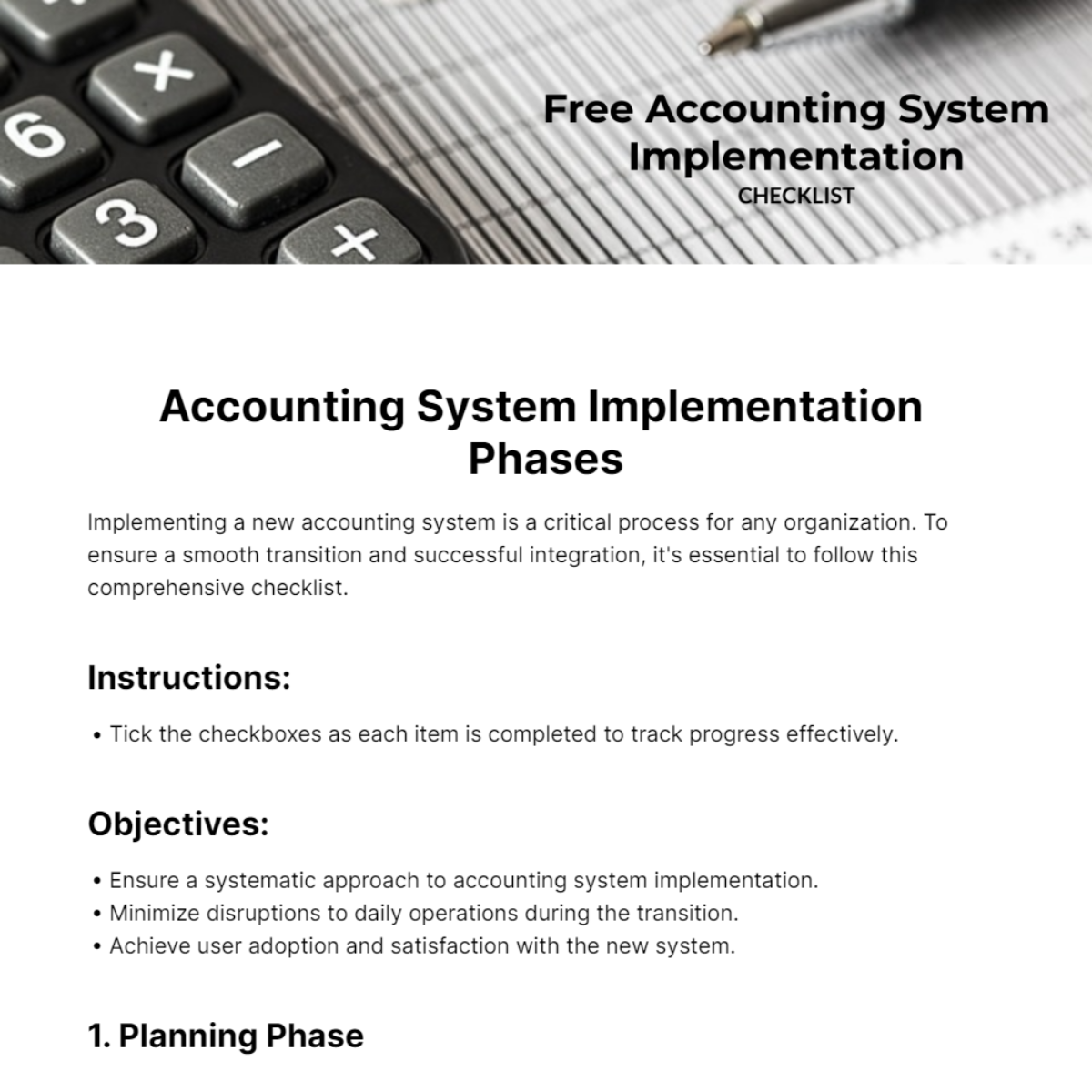Comprehensive Financial Reporting
This checklist aims to assist accounting professionals in ensuring thorough and accurate financial disclosures. It is essential for maintaining transparency, compliance, and trust among stakeholders.
Instructions: Tick the checkboxes to track progress as you review each item. Ensure compliance with relevant accounting standards and regulatory requirements.
1. Financial Statements Disclosure:
Balance Sheet: Verify that all assets, liabilities, and equity items are accurately disclosed.
Income Statement: Ensure comprehensive reporting of revenues, expenses, gains, and losses.
Statement of Cash Flows: Confirm proper classification and disclosure of cash inflows and outflows.
Notes to Financial Statements: Review disclosures regarding accounting policies, contingencies, and significant transactions.
Segment Reporting: Evaluate disclosures related to operating segments and geographical areas.
2. Accounting Policies and Estimates:
Consistency: Check for consistency in the application of accounting policies across reporting periods.
Disclosure of Changes: Ensure adequate disclosure of changes in accounting policies and estimates and their impact.
Judgment and Estimates: Assess the reasonableness and adequacy of management's judgments and estimates.
Fair Value Measurements: Verify disclosures related to fair value measurements and the methods used.
Sensitivity Analysis: Evaluate sensitivity analysis disclosures for significant accounting estimates.
3. Related Party Transactions and Contingencies:
Related Party Transactions: Review disclosures of transactions with related parties, including nature and terms.
Contingencies: Assess the adequacy of disclosure regarding legal, tax, and environmental contingencies.
Commitments: Ensure comprehensive disclosure of contractual obligations, including lease commitments and purchase obligations.
Litigation: Verify disclosure of pending litigation, claims, and assessments, including potential financial impacts.
Subsequent Events: Evaluate disclosures of significant events occurring after the reporting period.
4. Regulatory Compliance and Other Disclosures:
Compliance with Laws and Regulations: Confirm disclosures related to compliance with applicable laws and regulations.
Non-GAAP Measures: Assess the appropriateness and transparency of disclosures regarding non-GAAP financial measures.
Risk Factors: Review disclosures of key risks and uncertainties affecting the organization's financial condition and performance.
Corporate Governance: Evaluate disclosures related to corporate governance practices, including board composition and compensation.
Environmental, Social, and Governance (ESG) Disclosures: Ensure comprehensive disclosure of ESG-related matters, reflecting the organization's commitment to sustainability and responsible business practices.
Company: [Your Company Name]
Conducted by: [Your Name]
